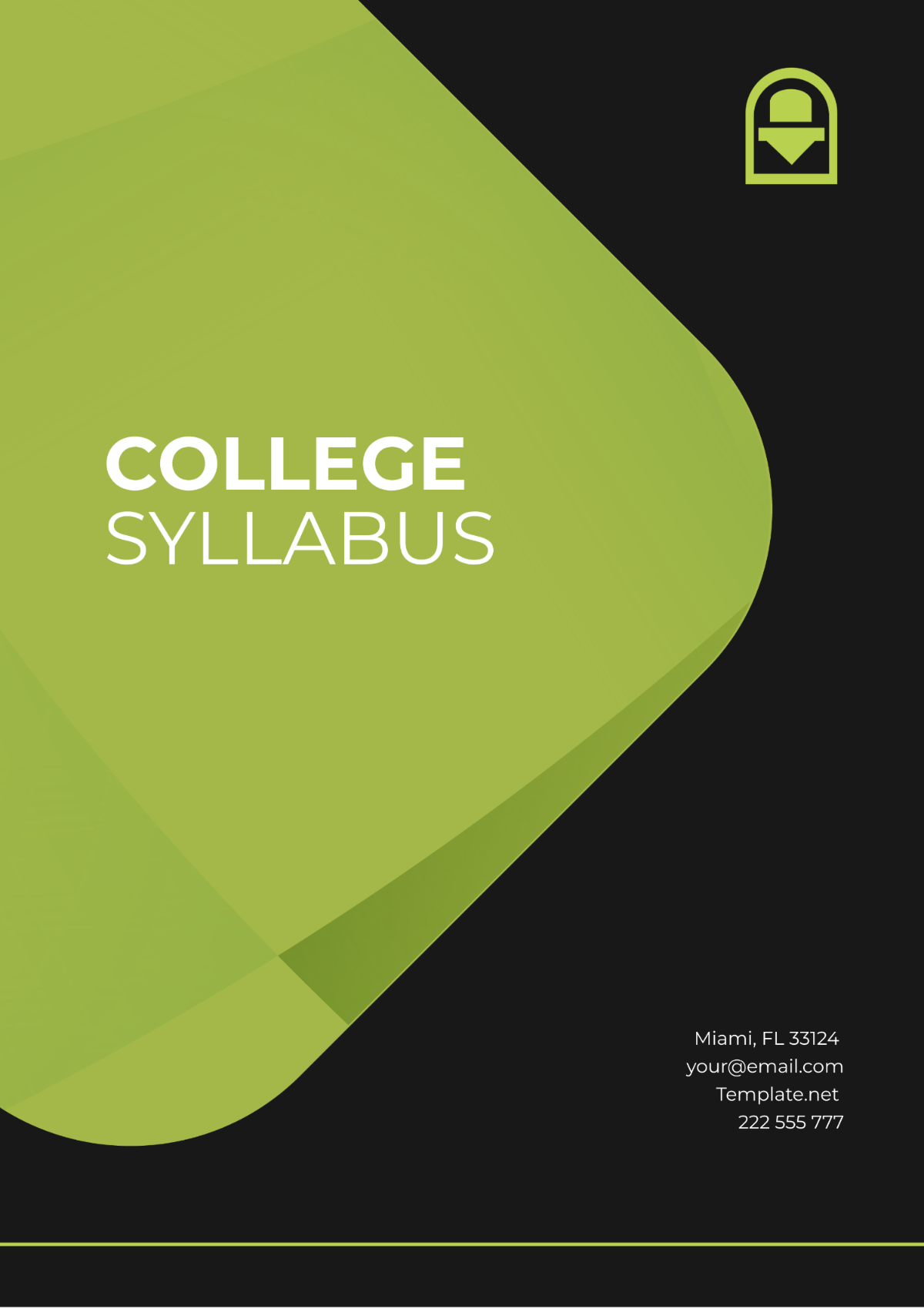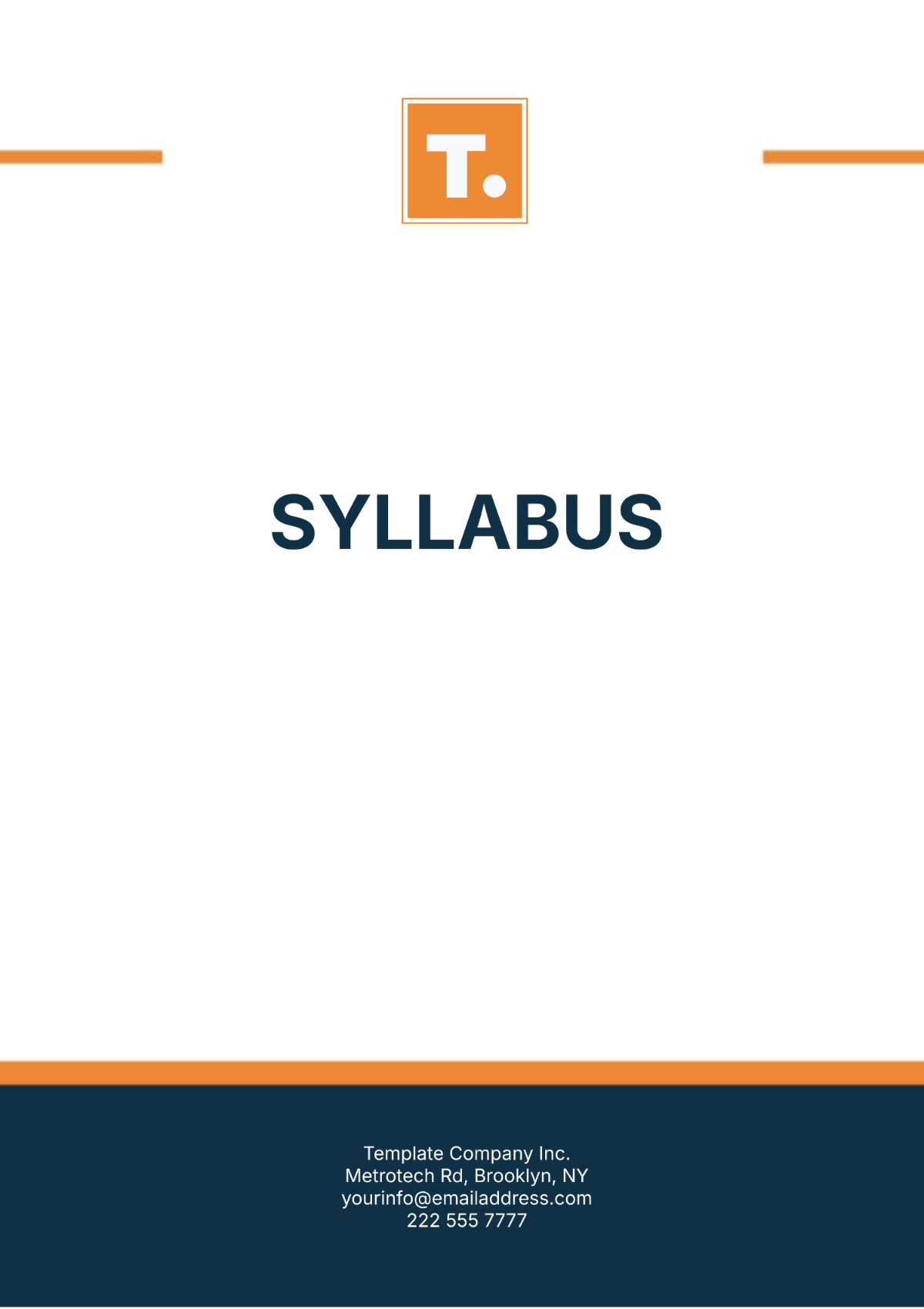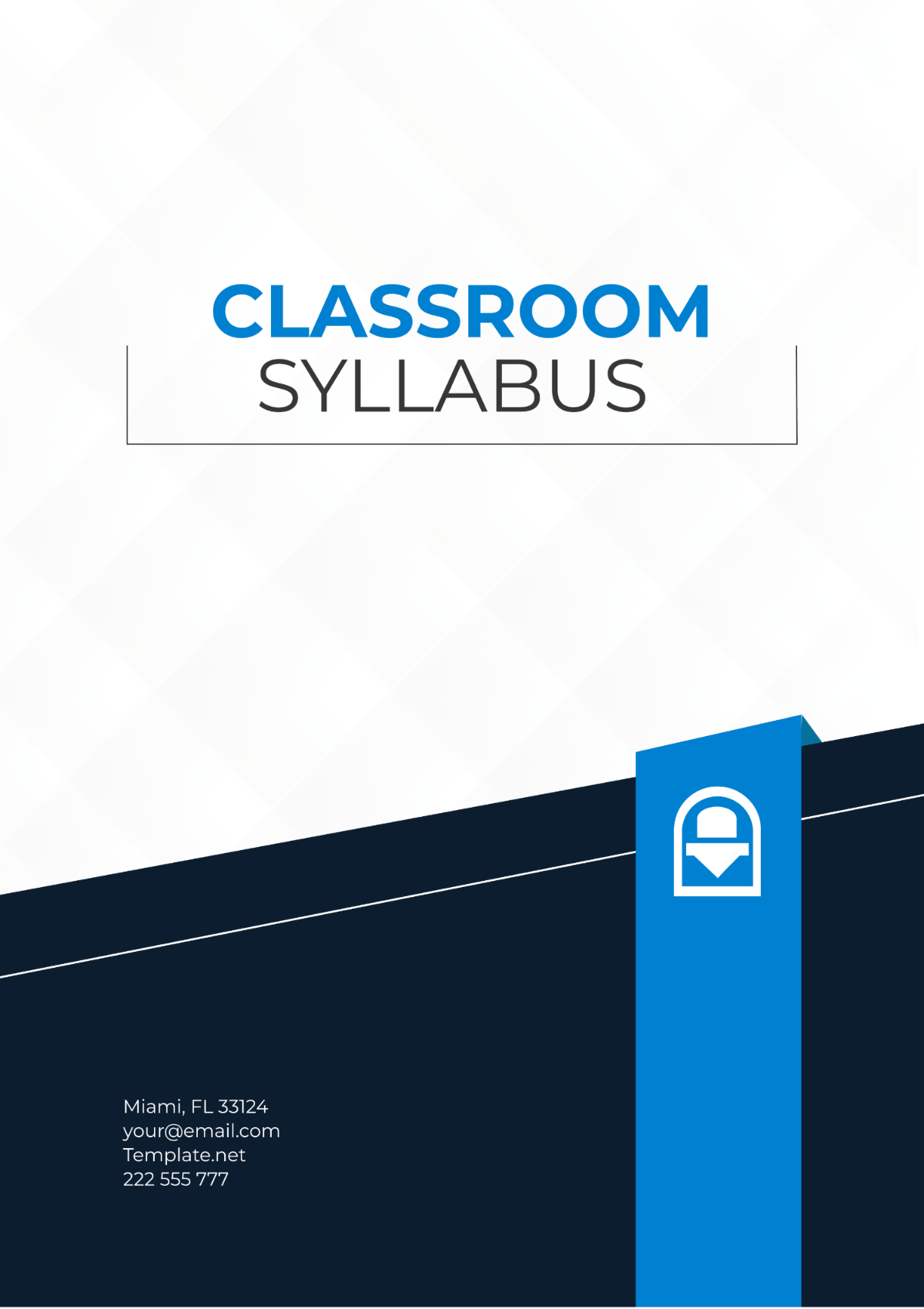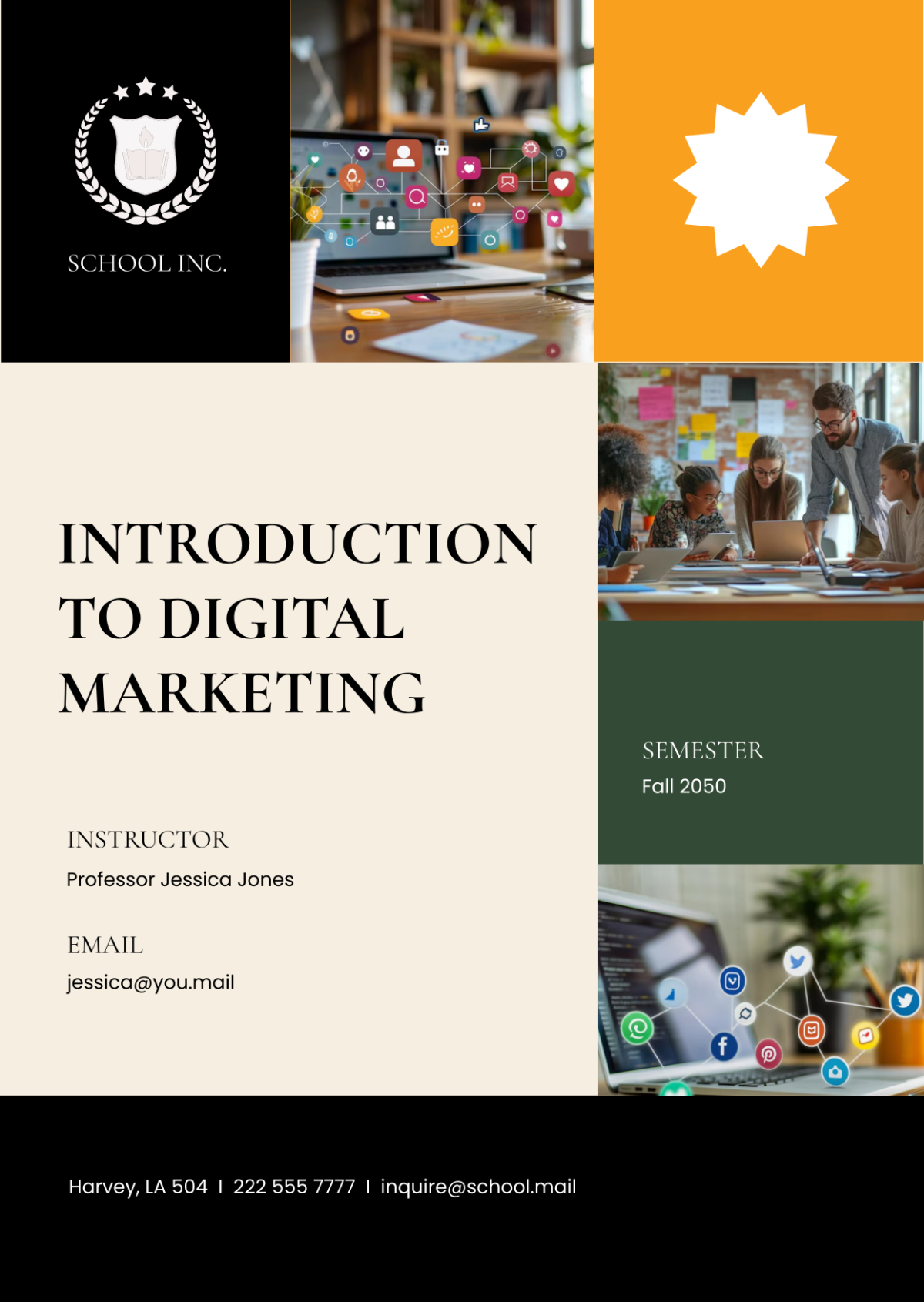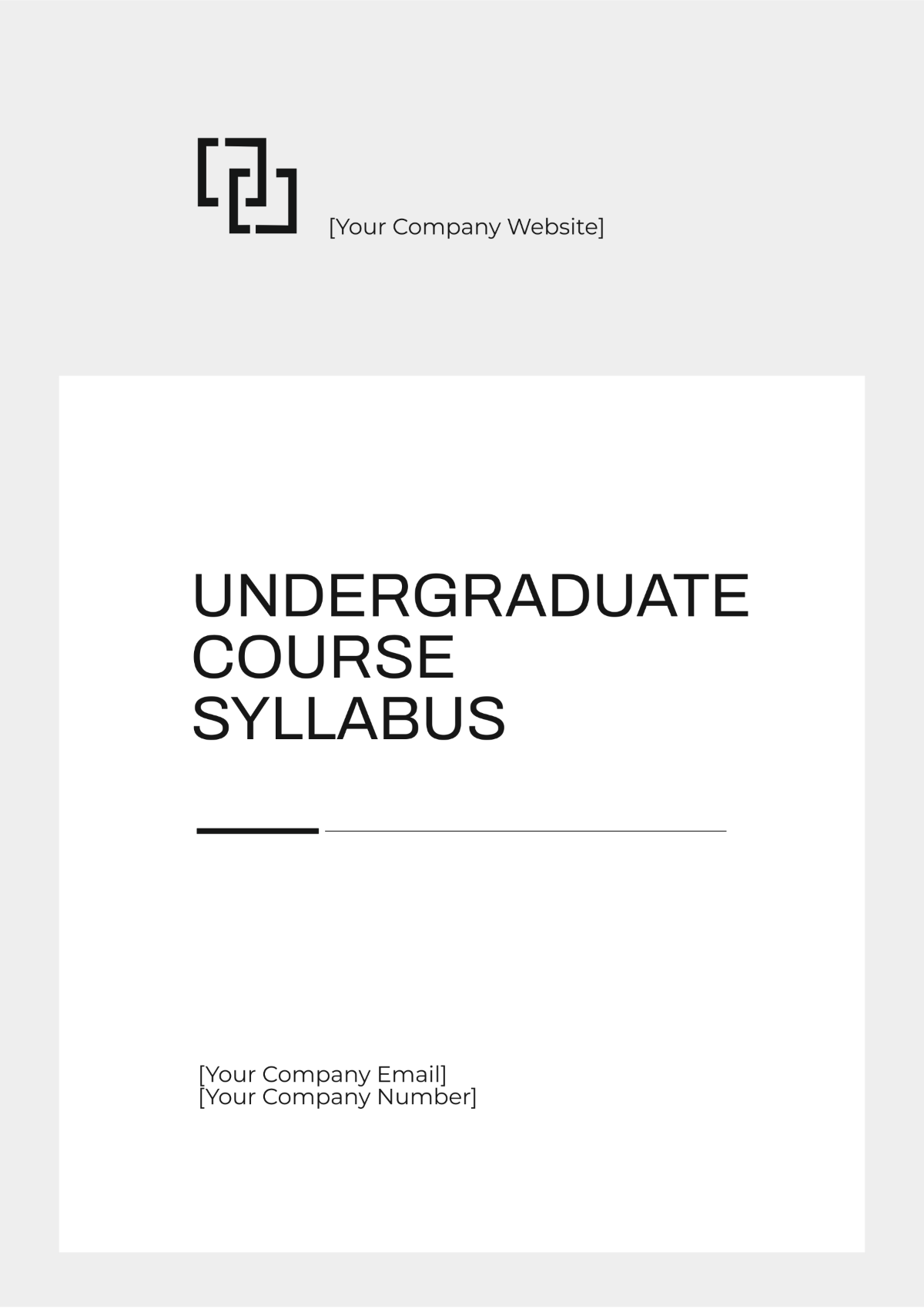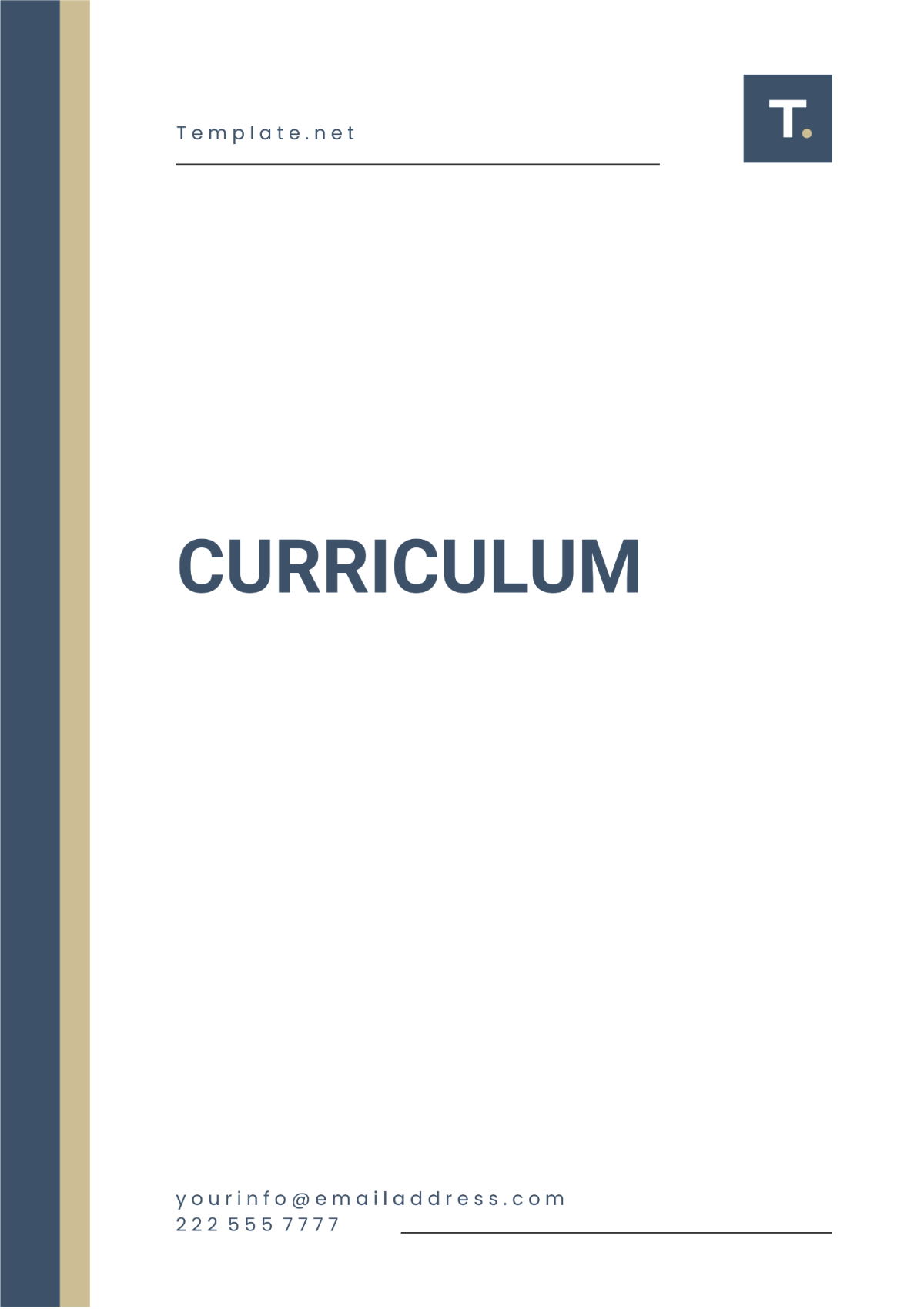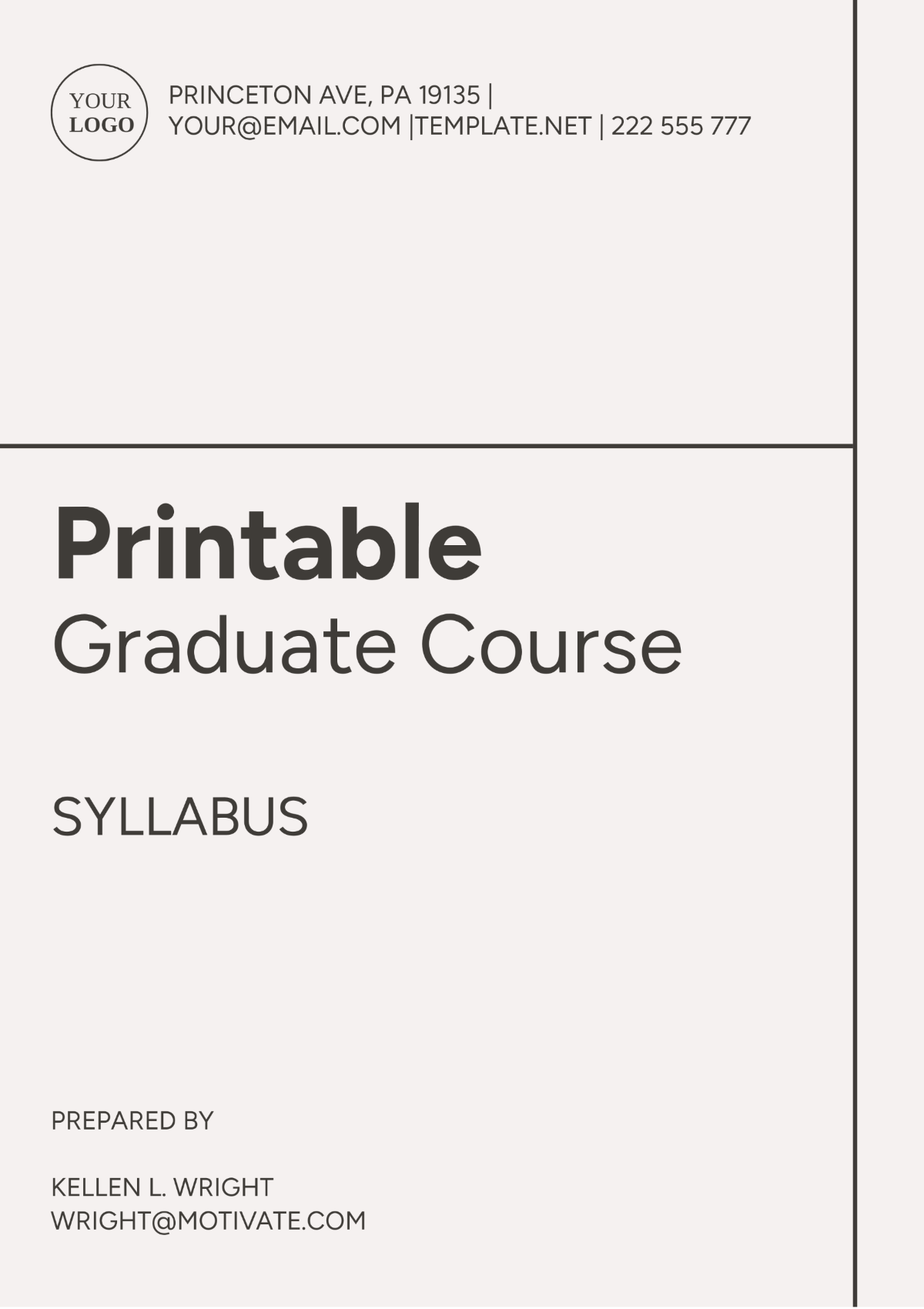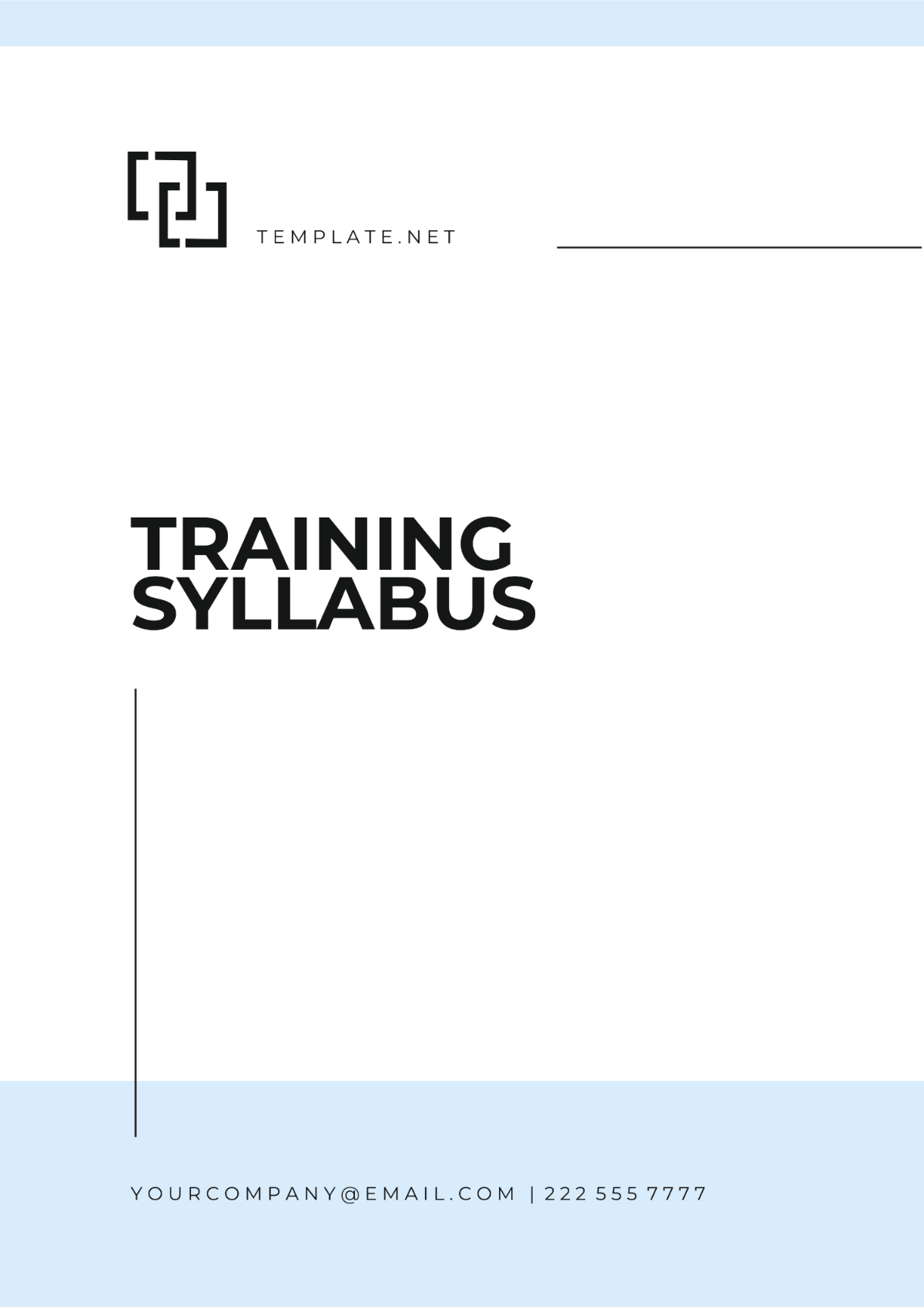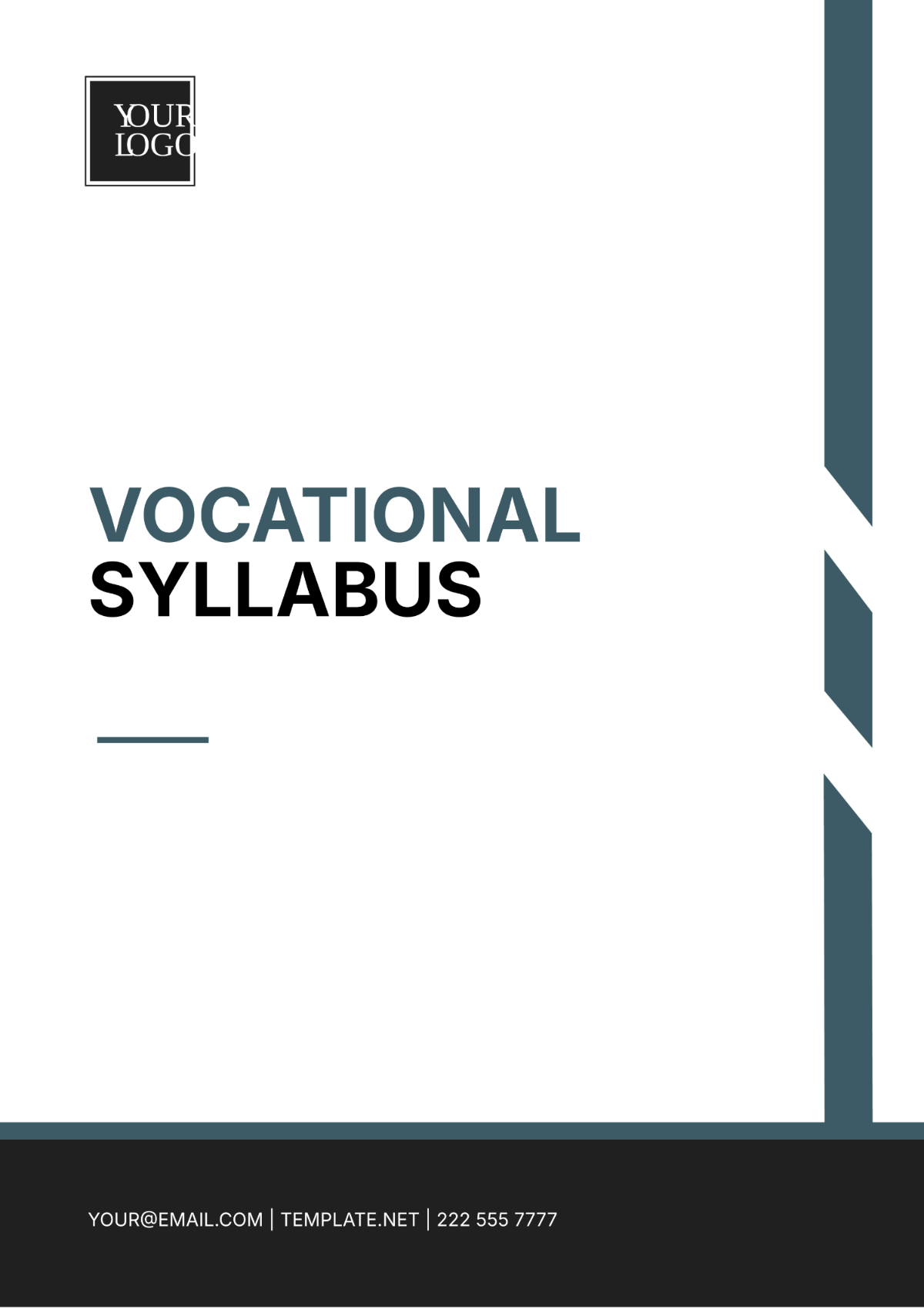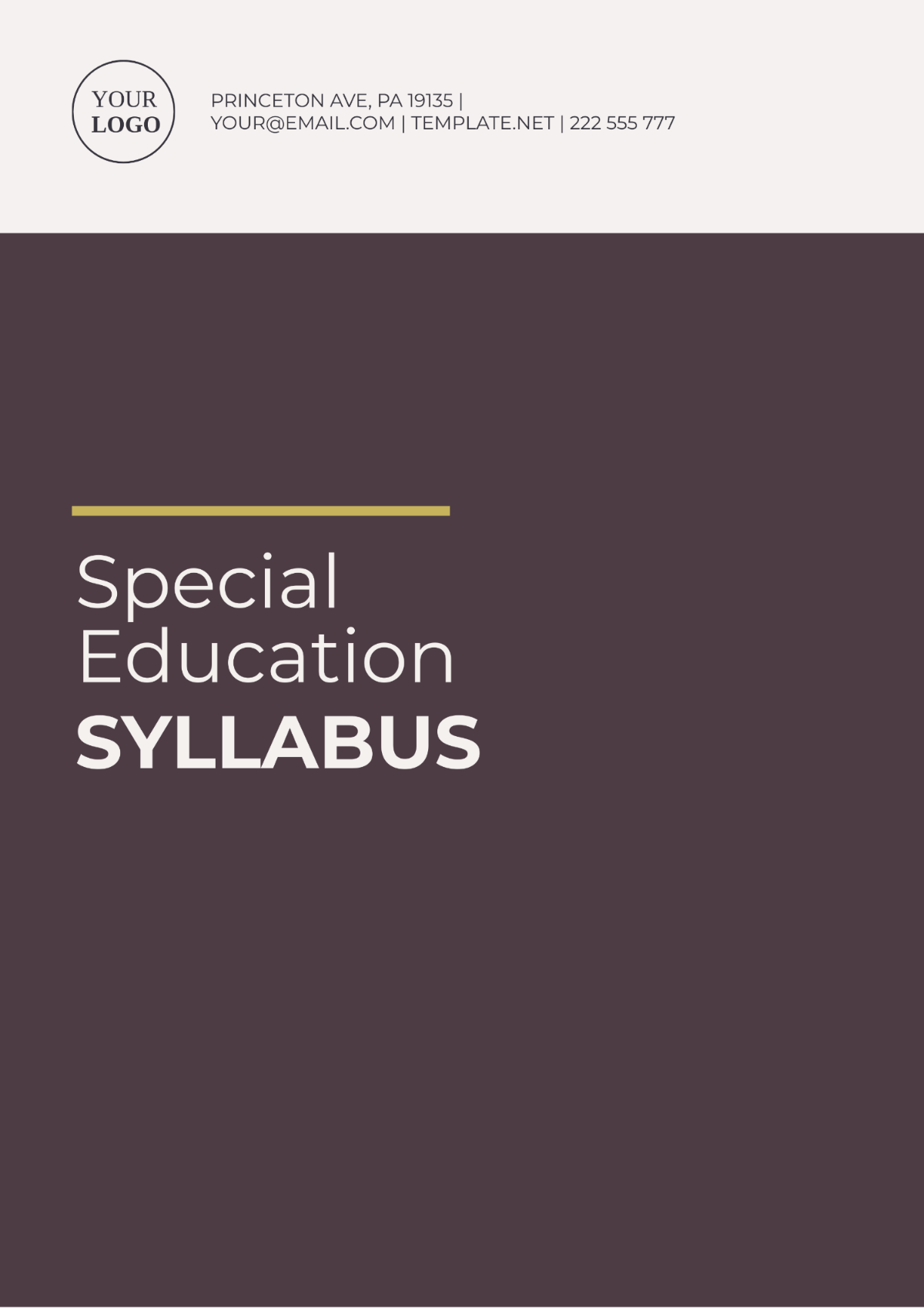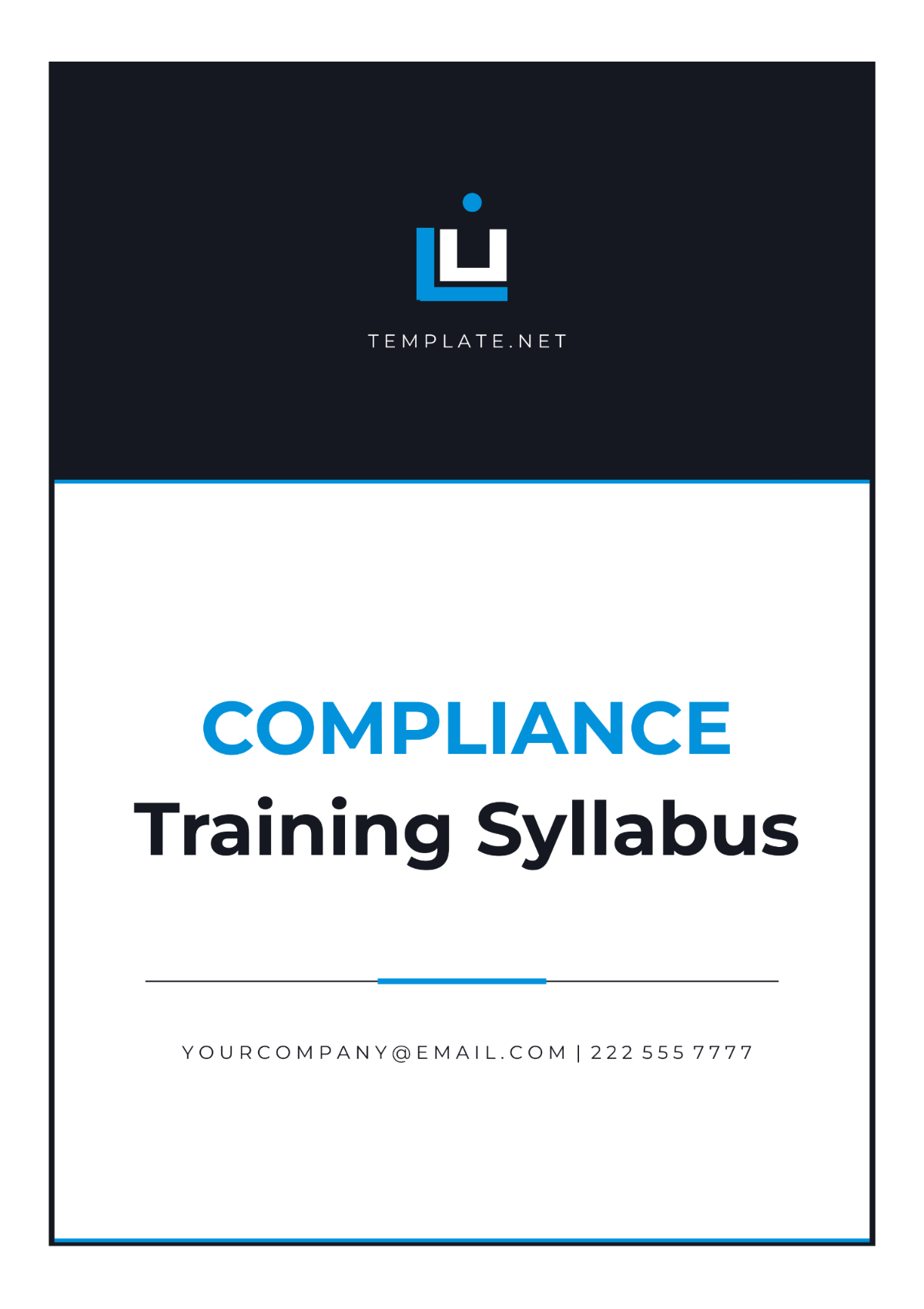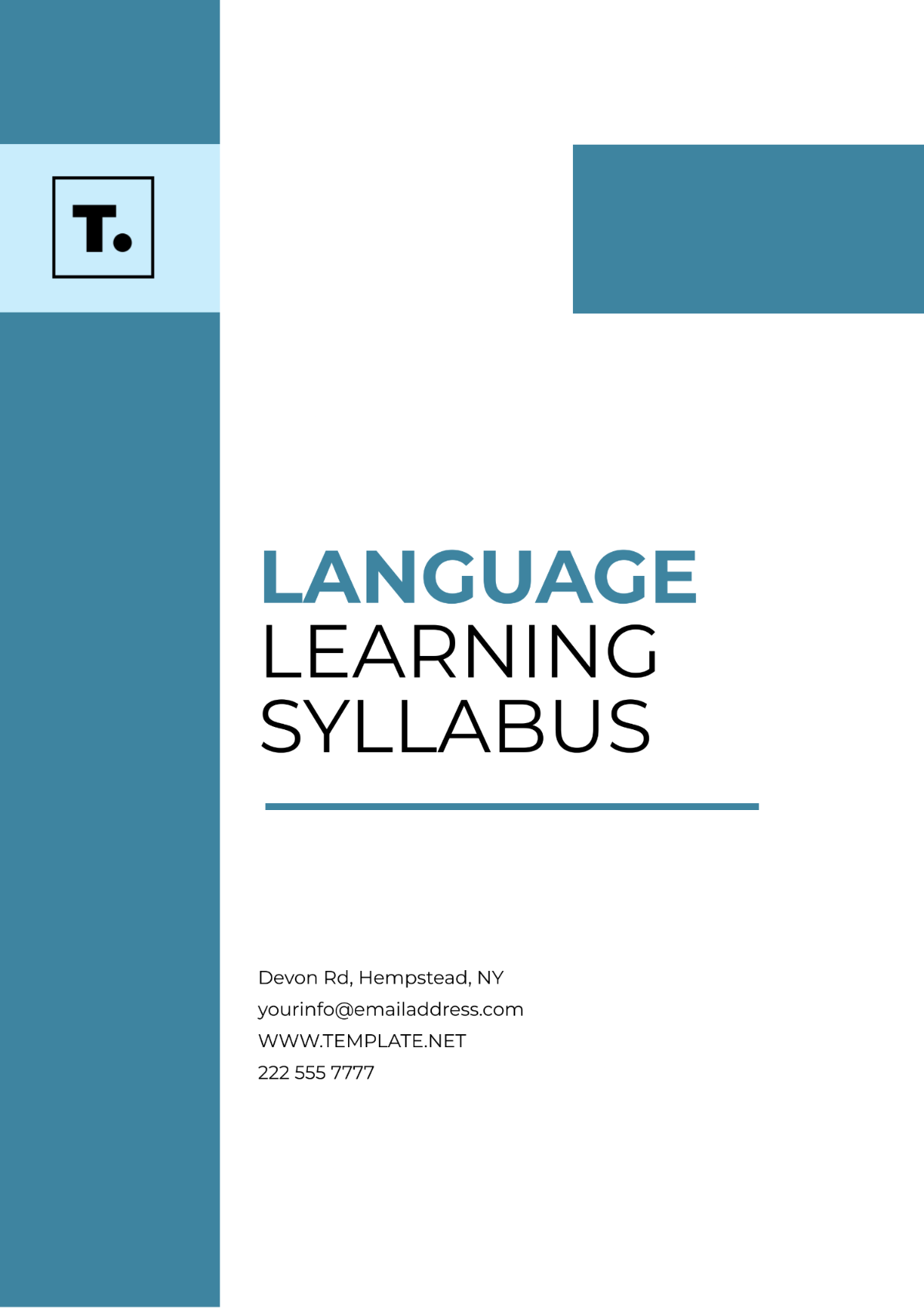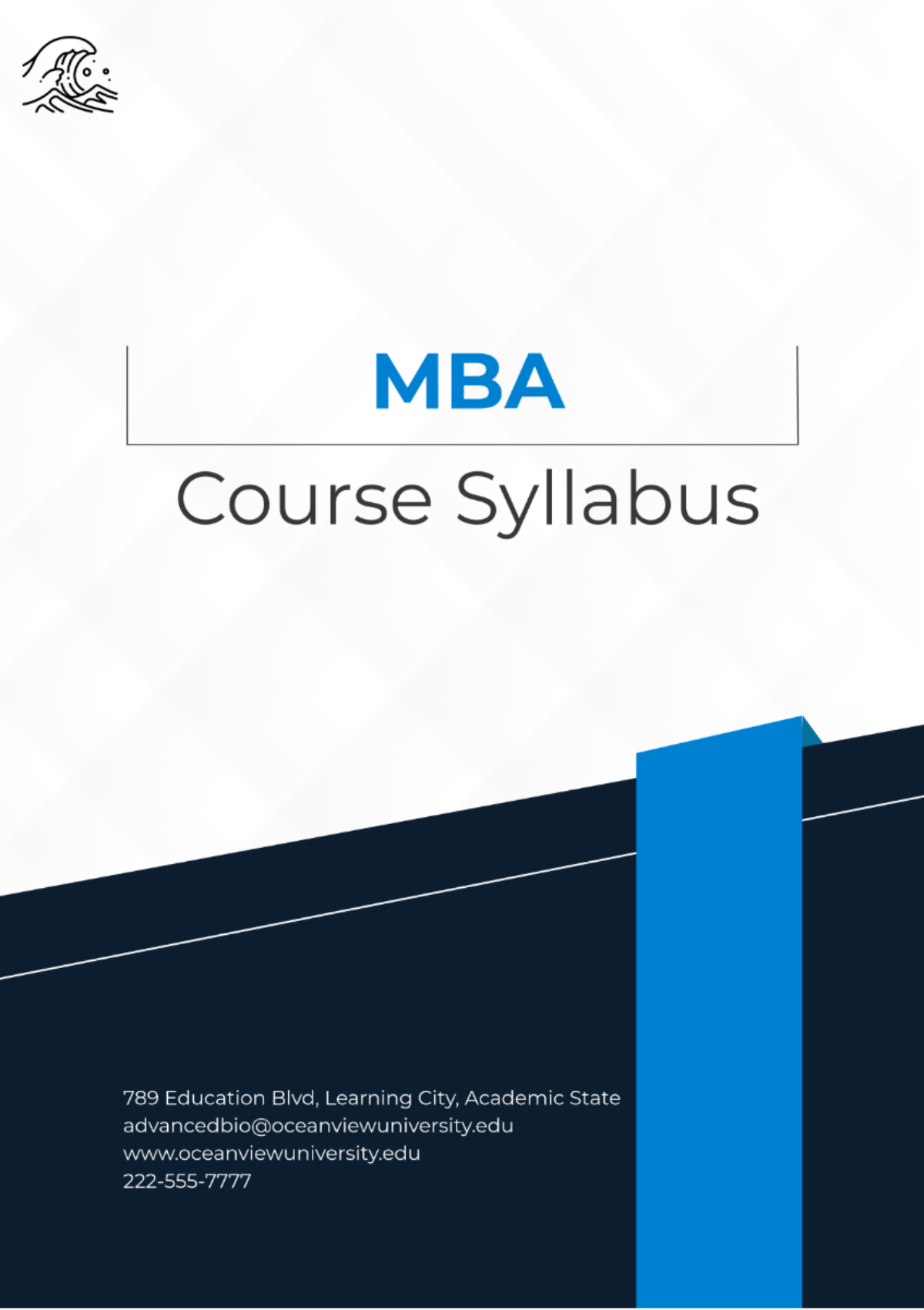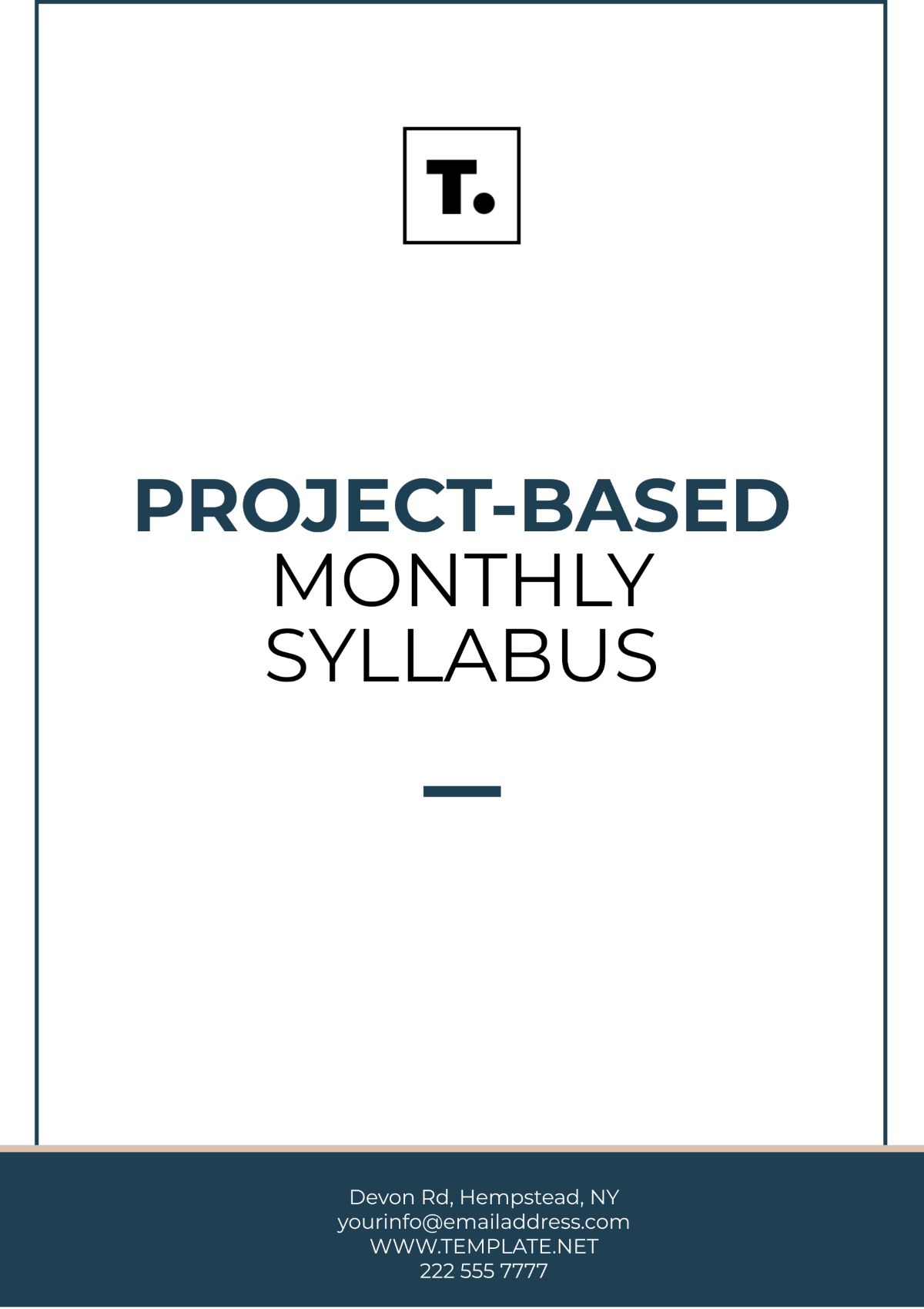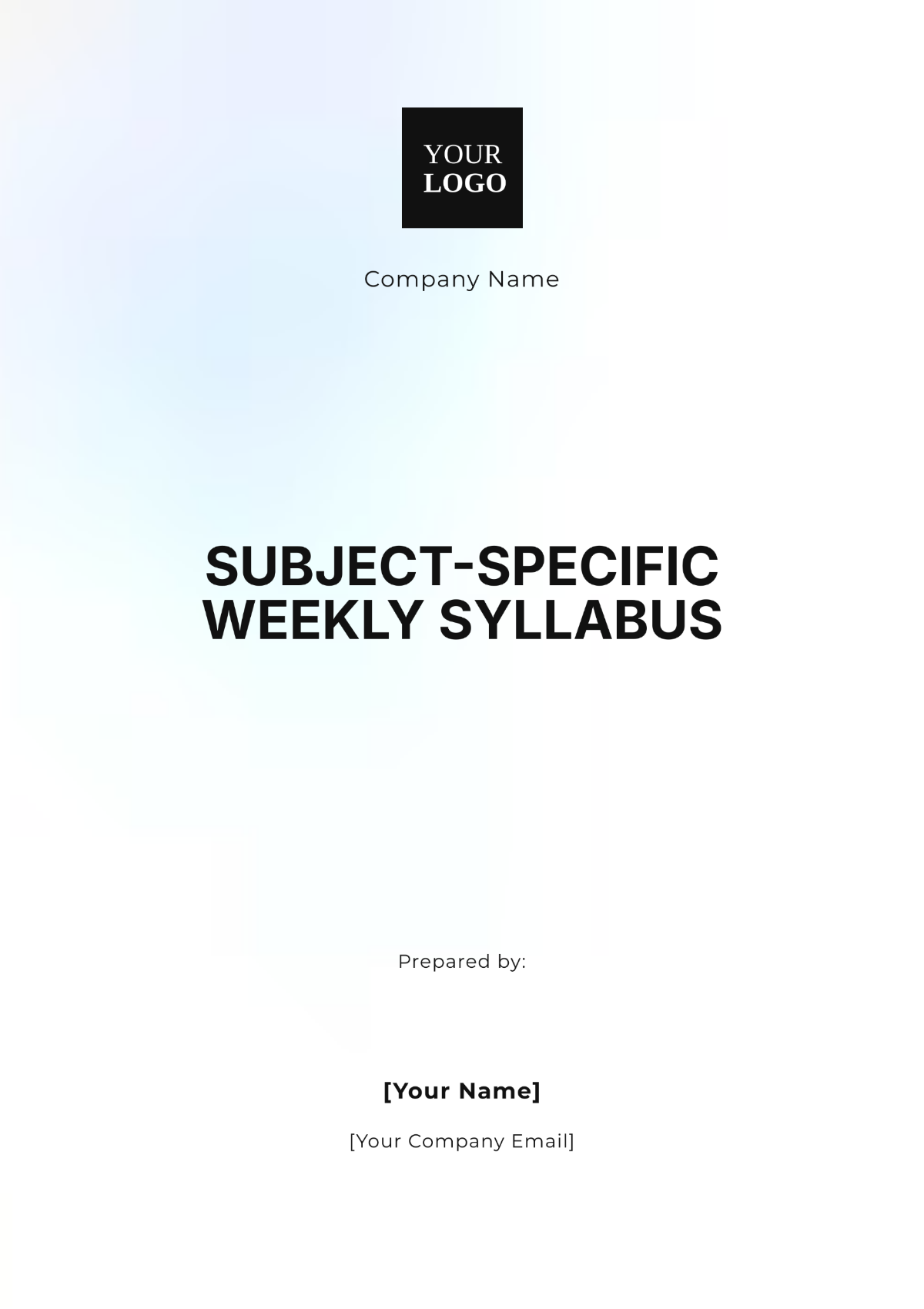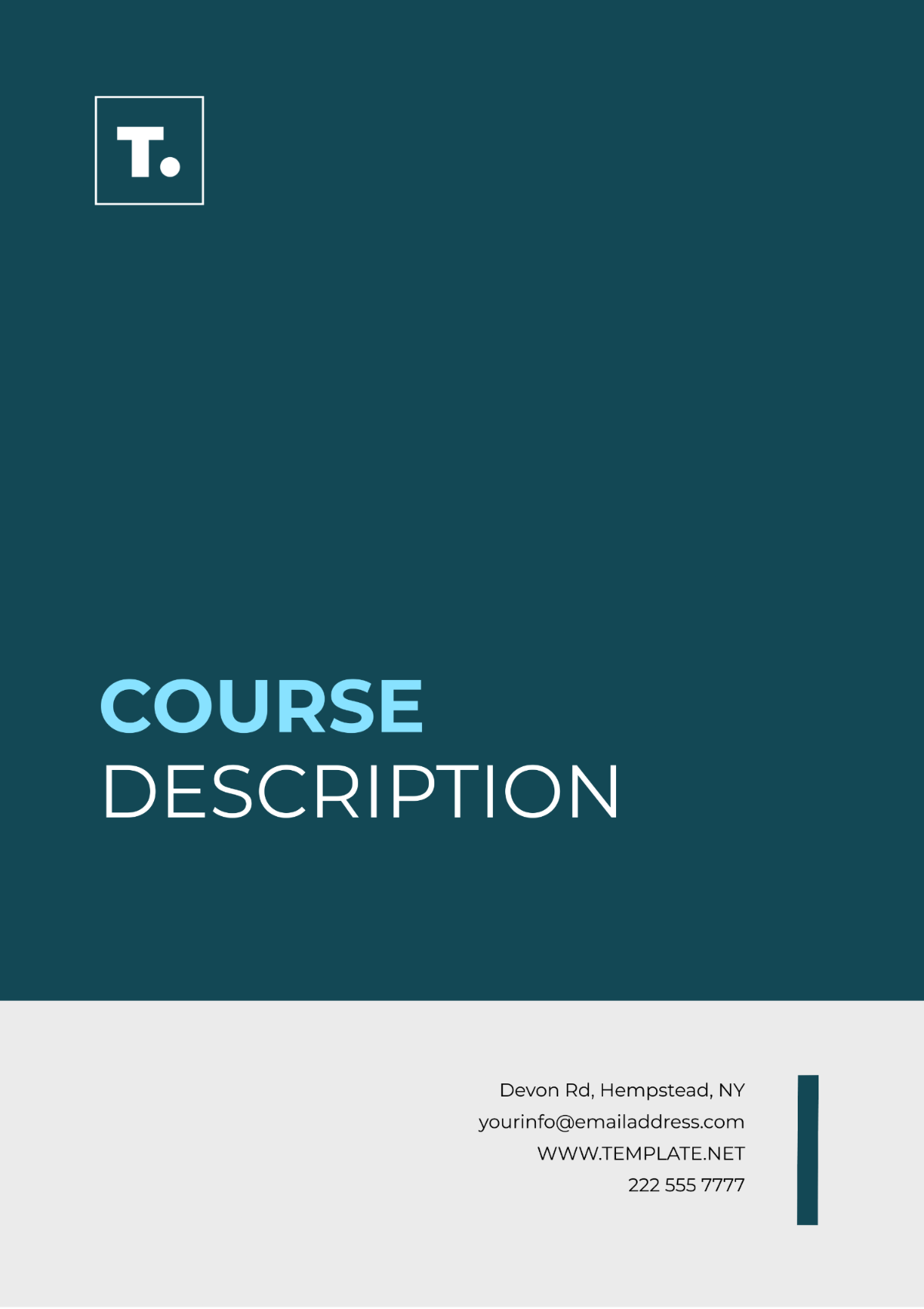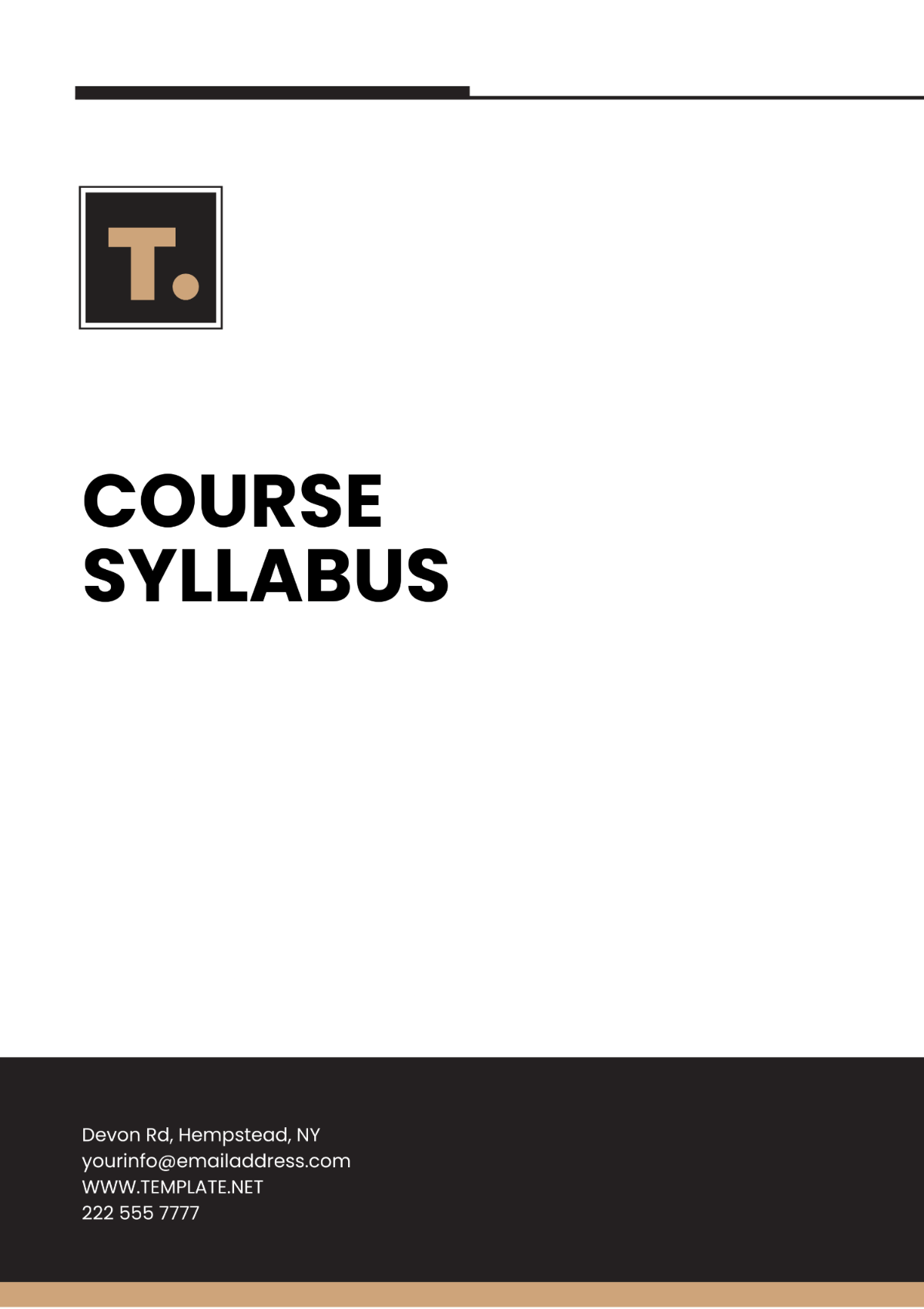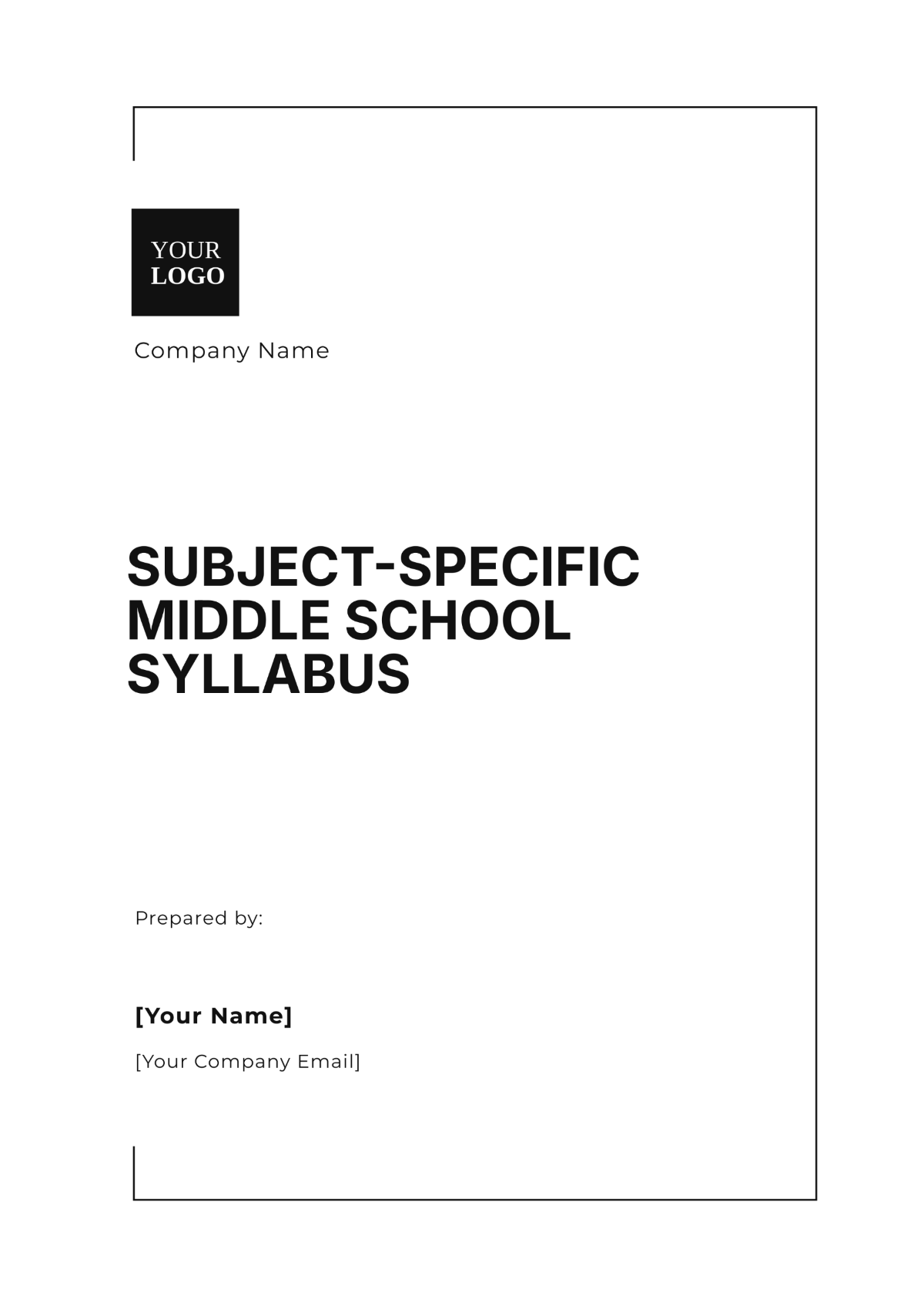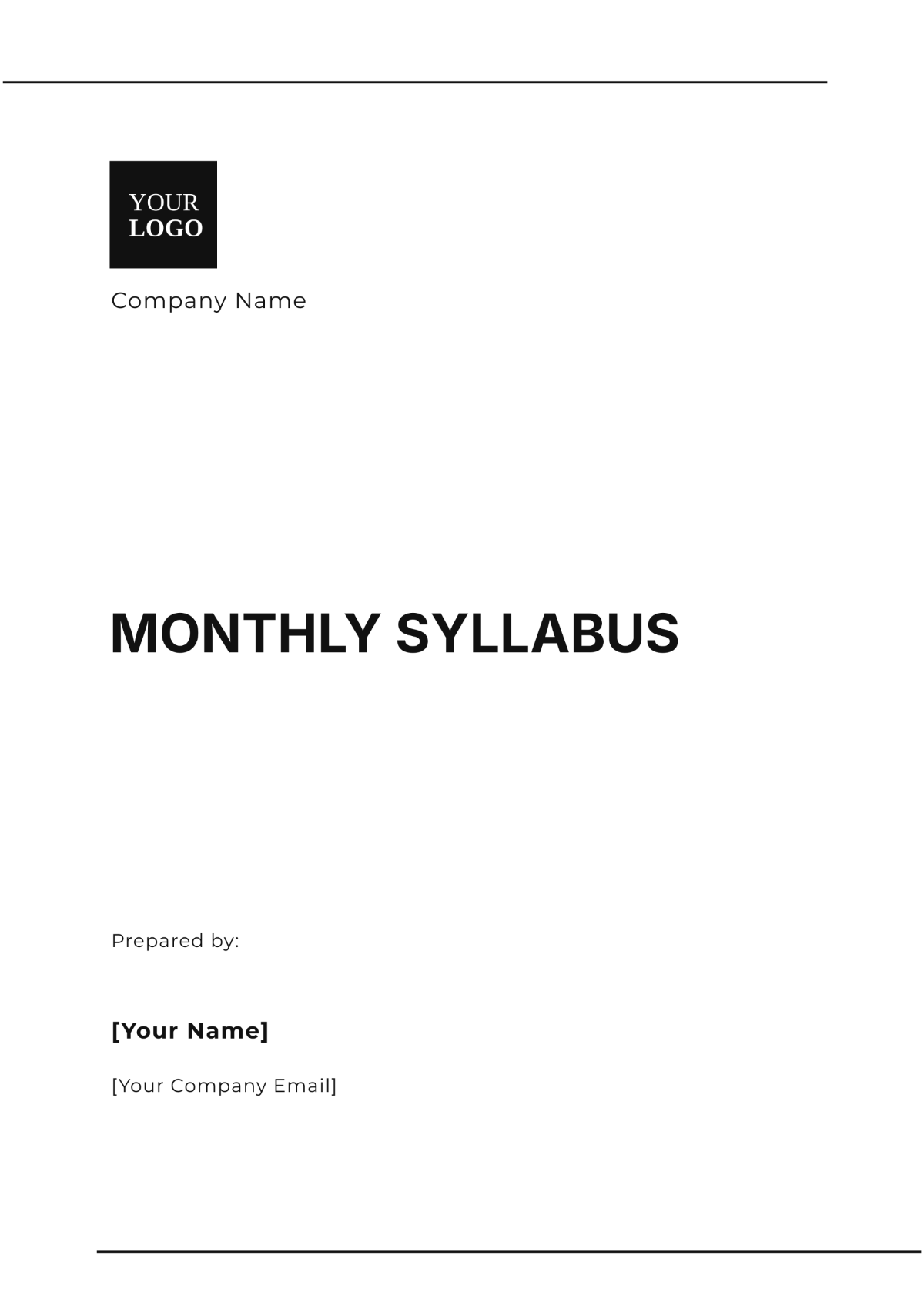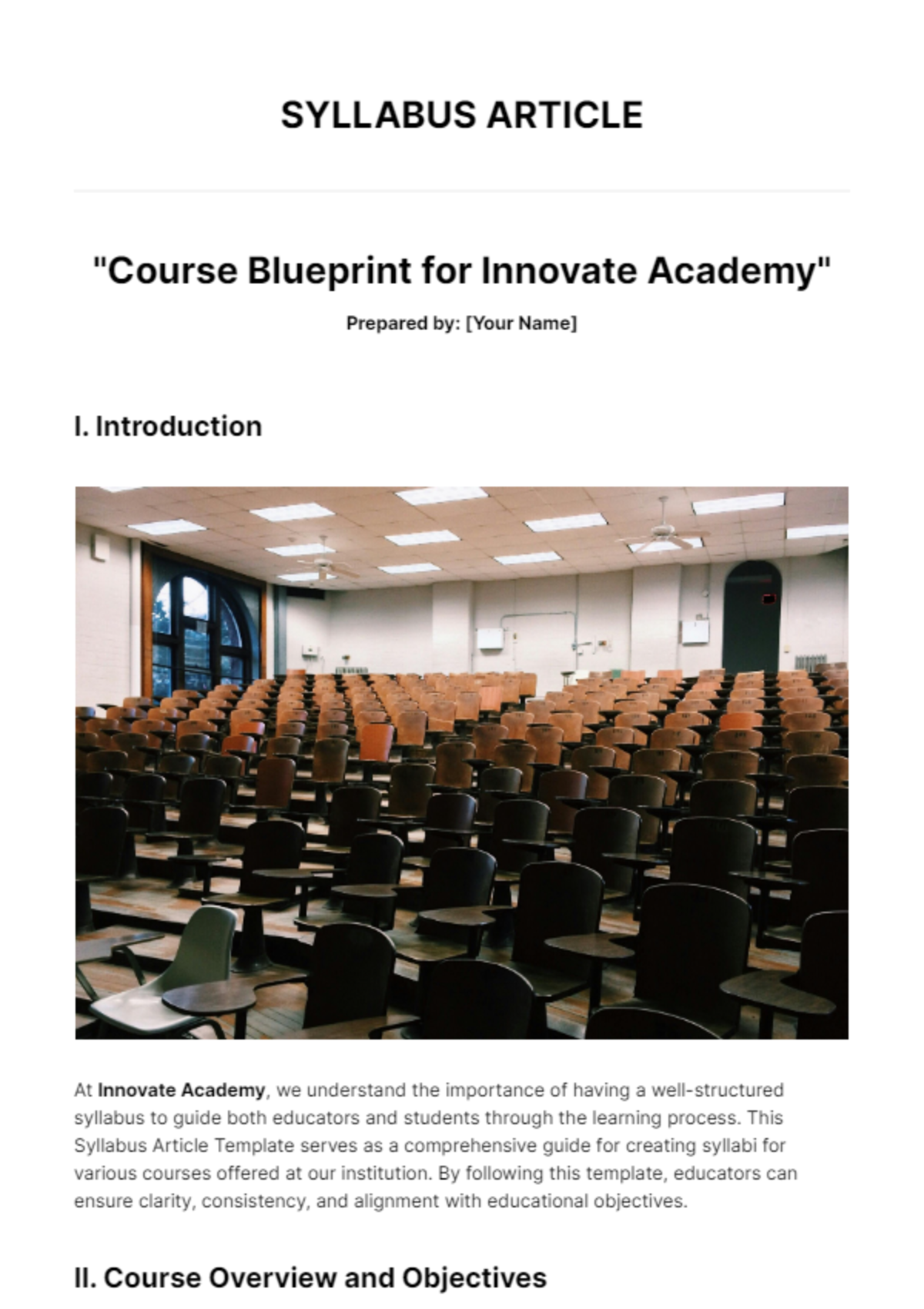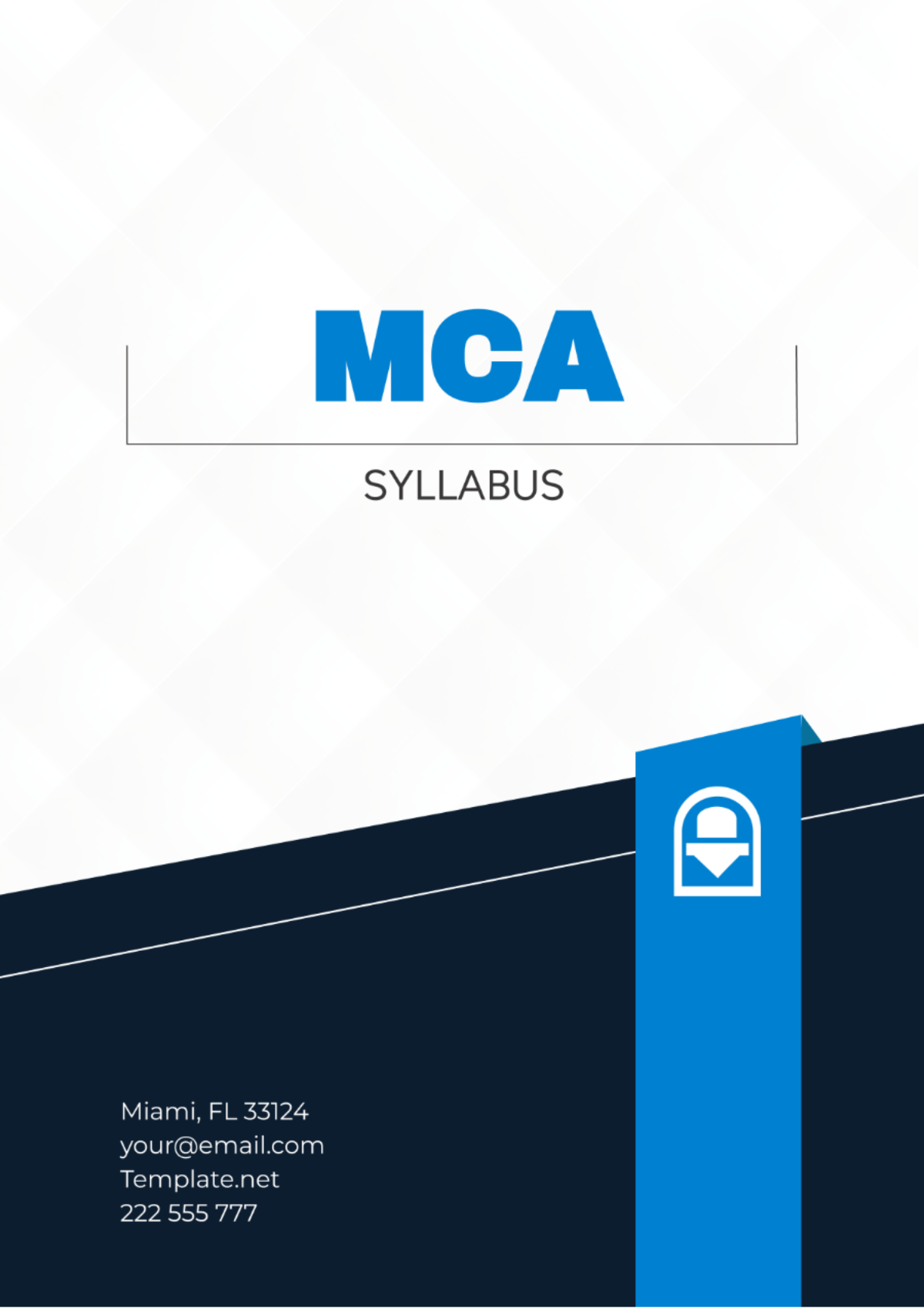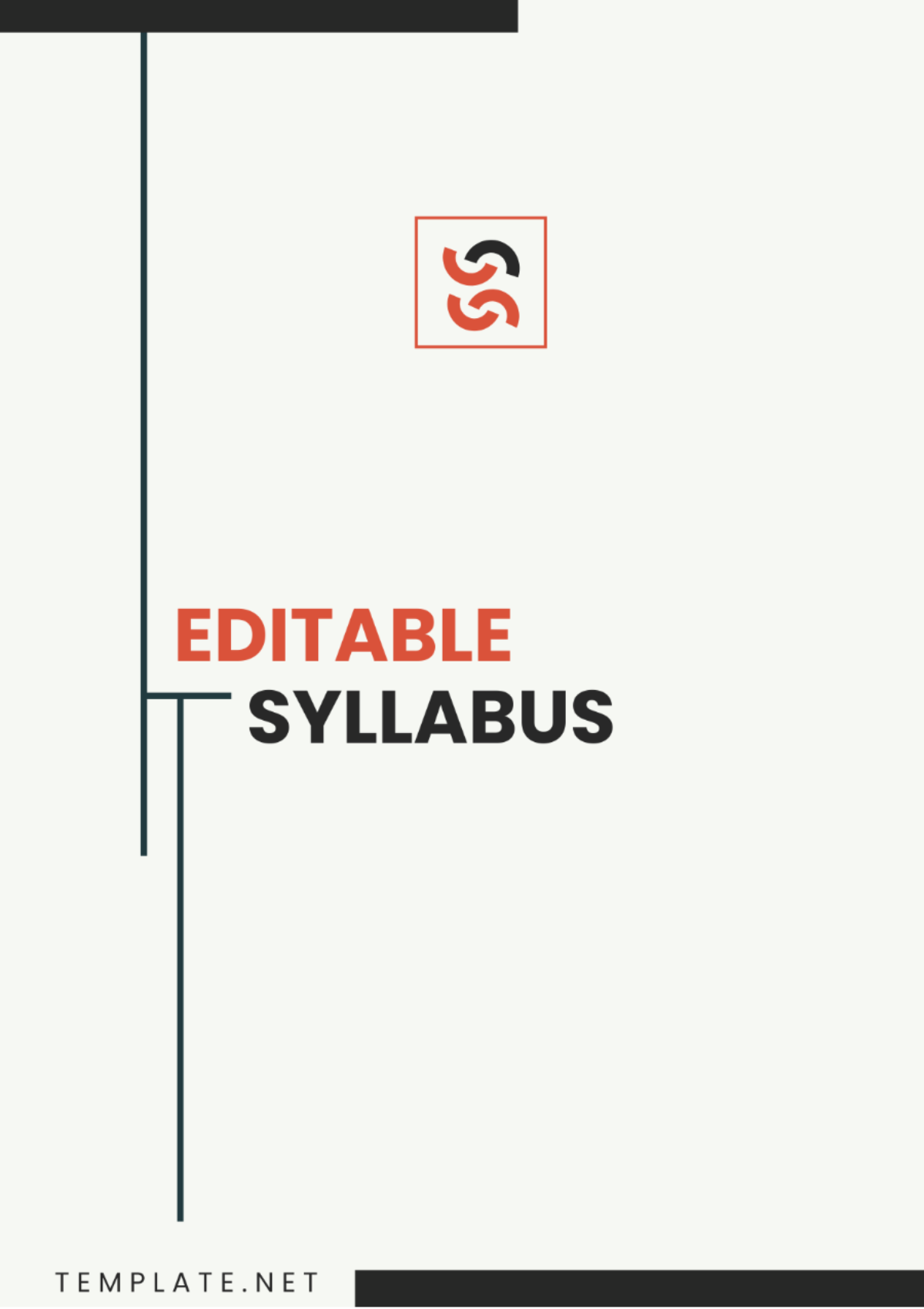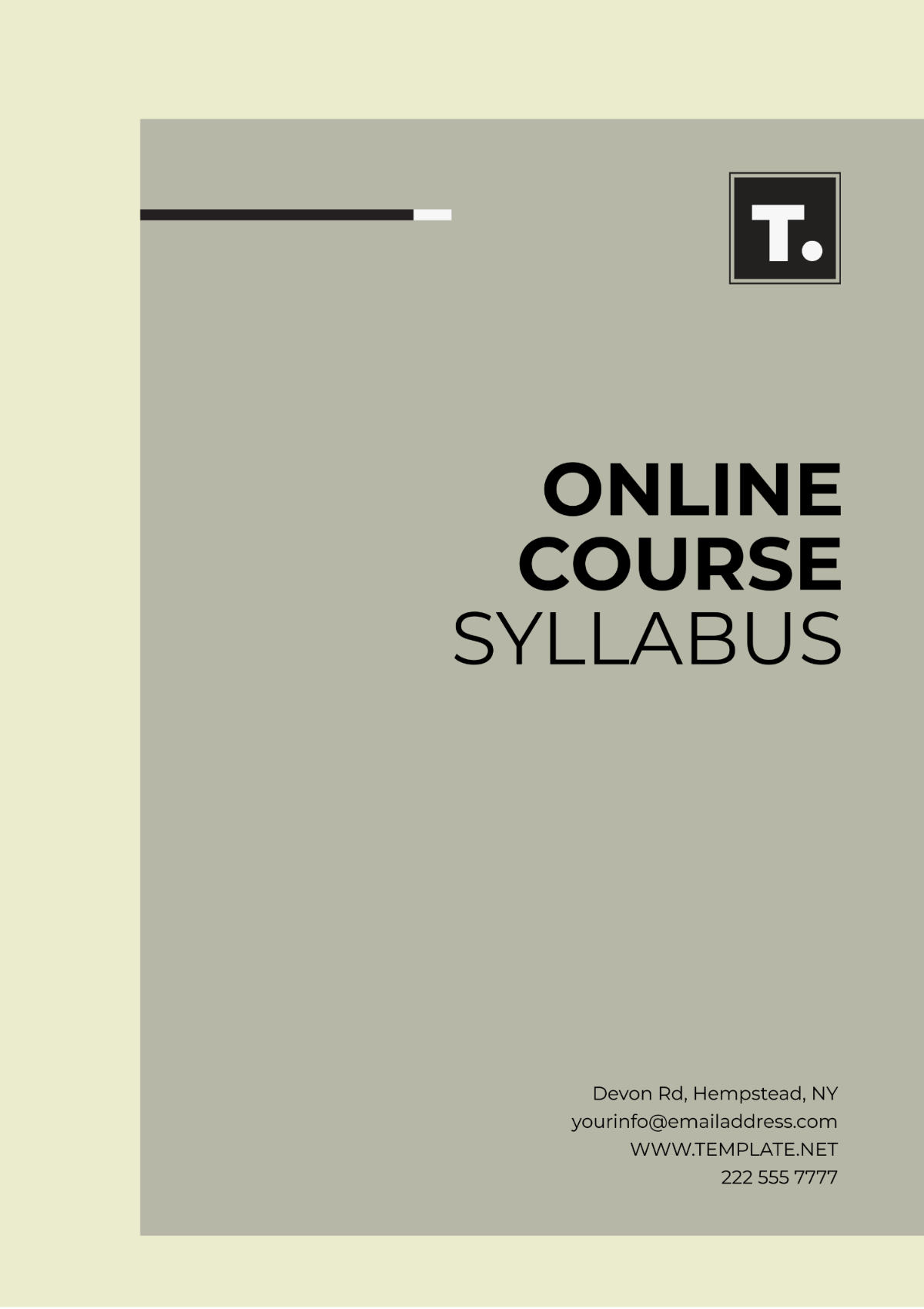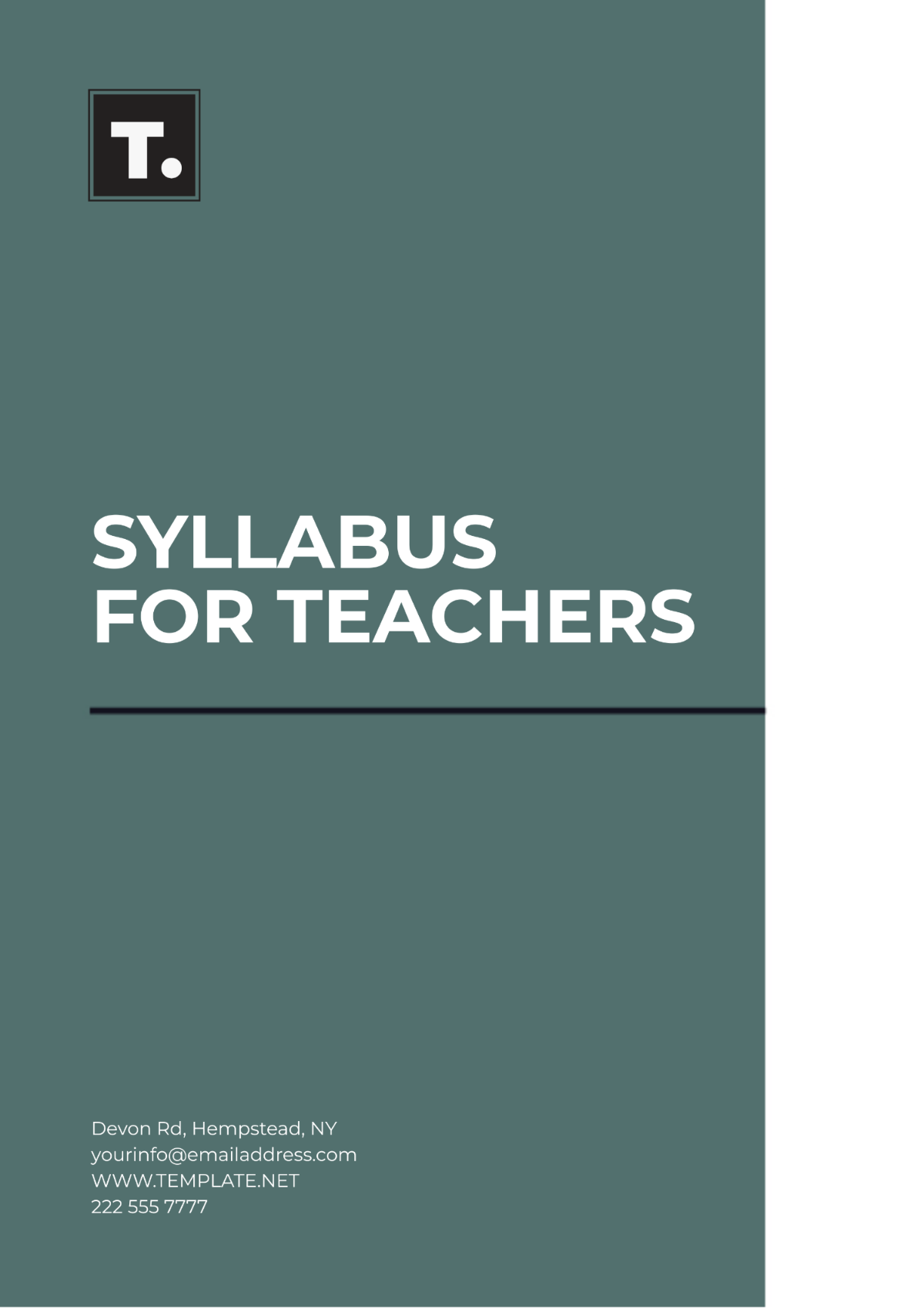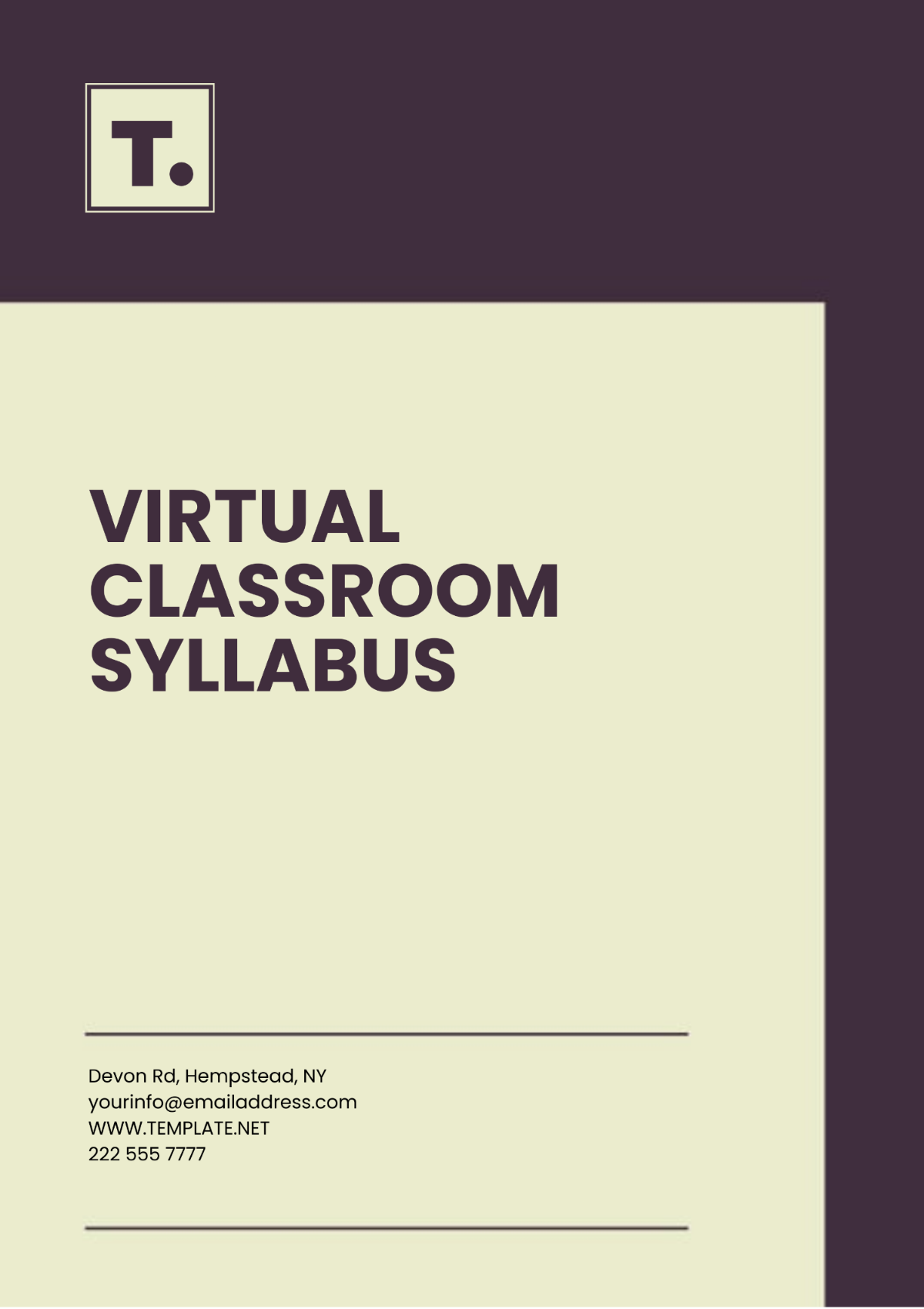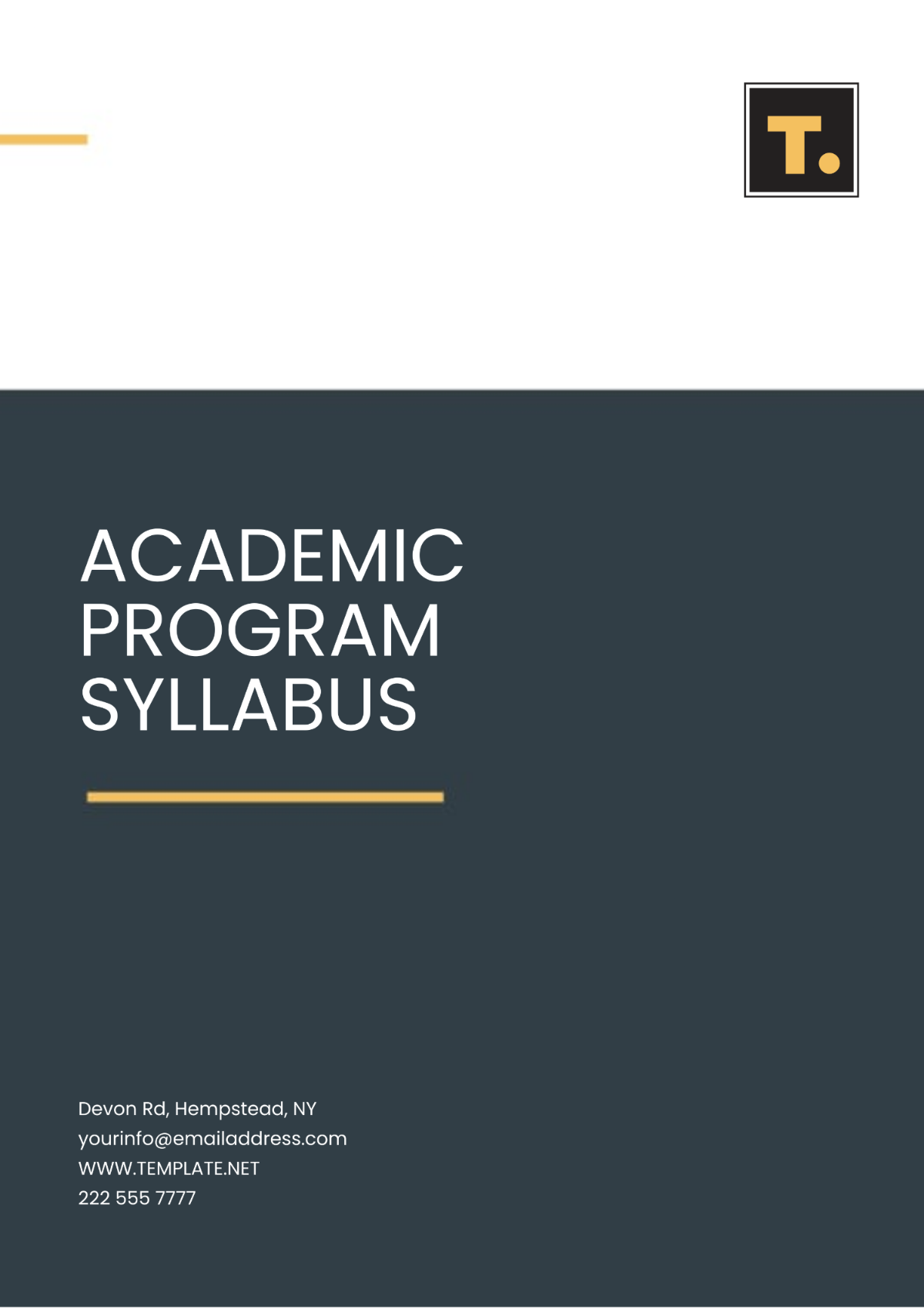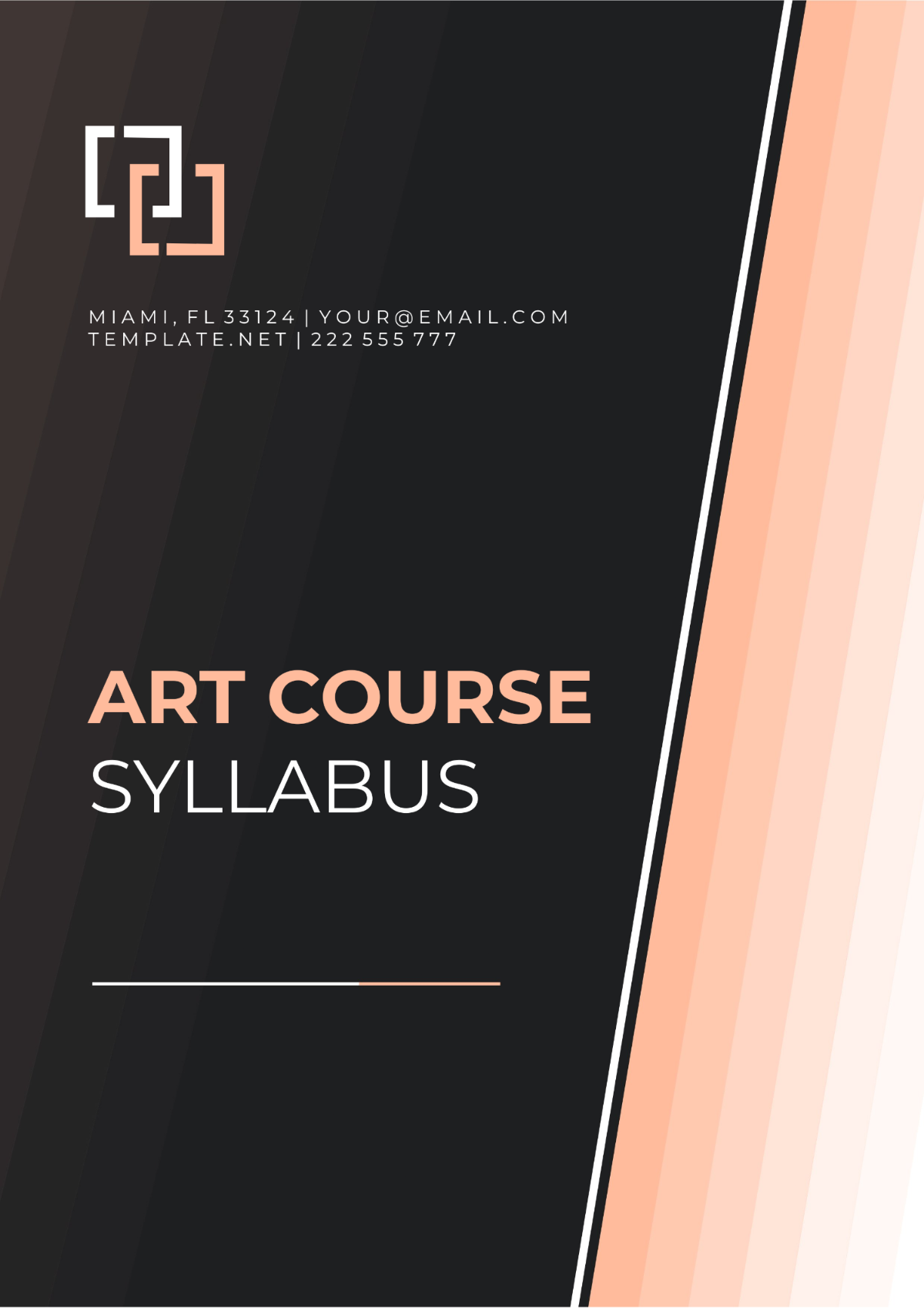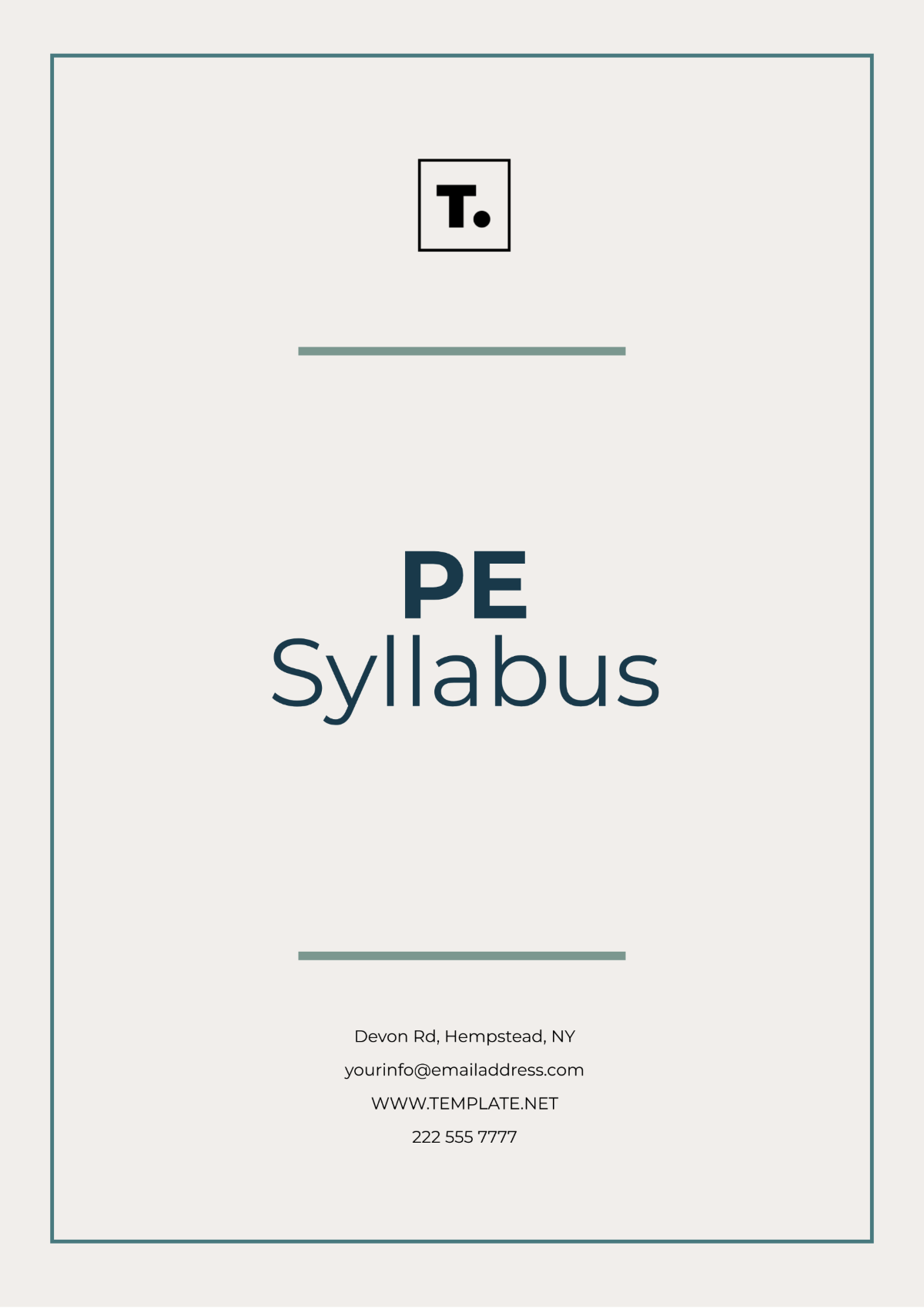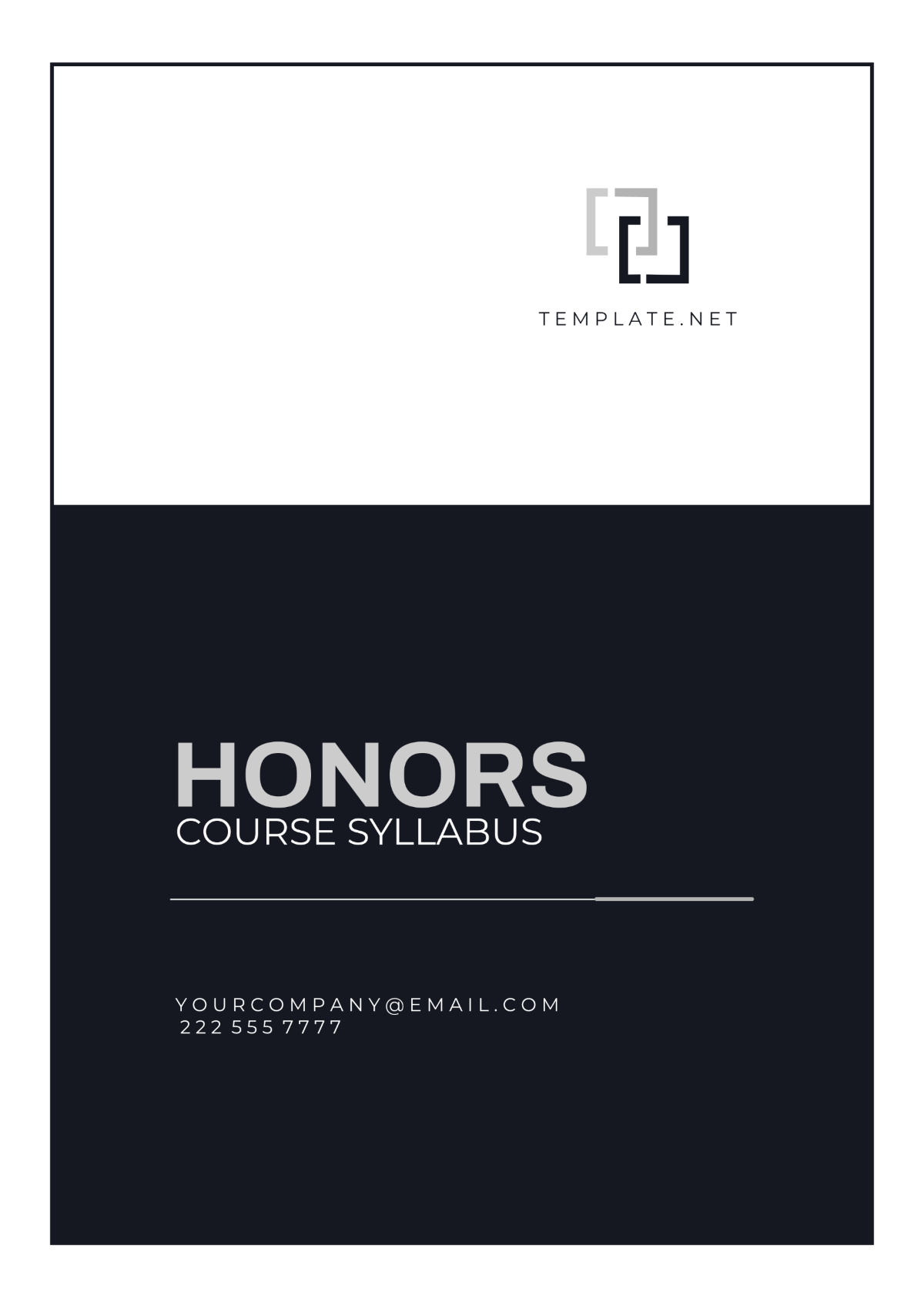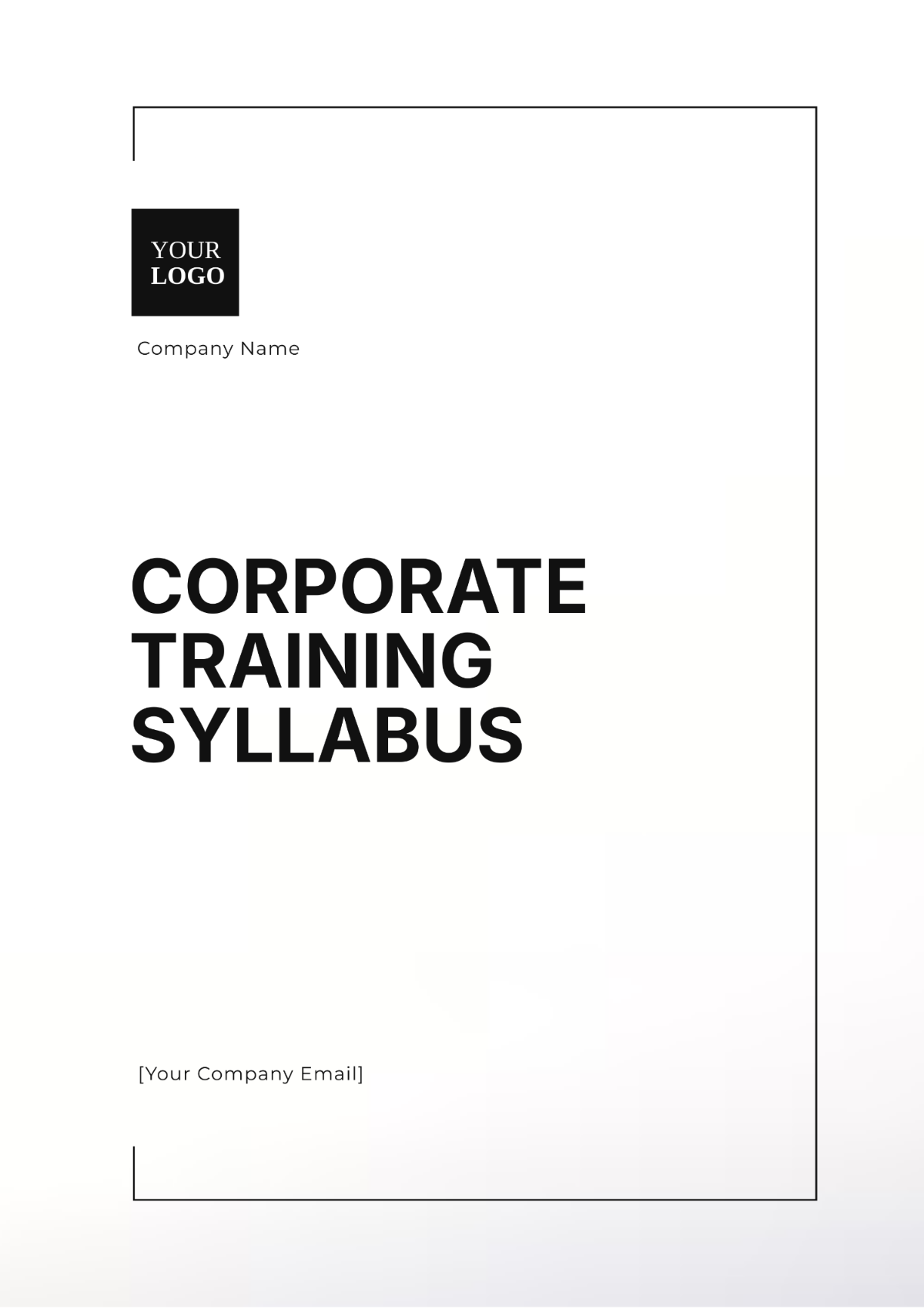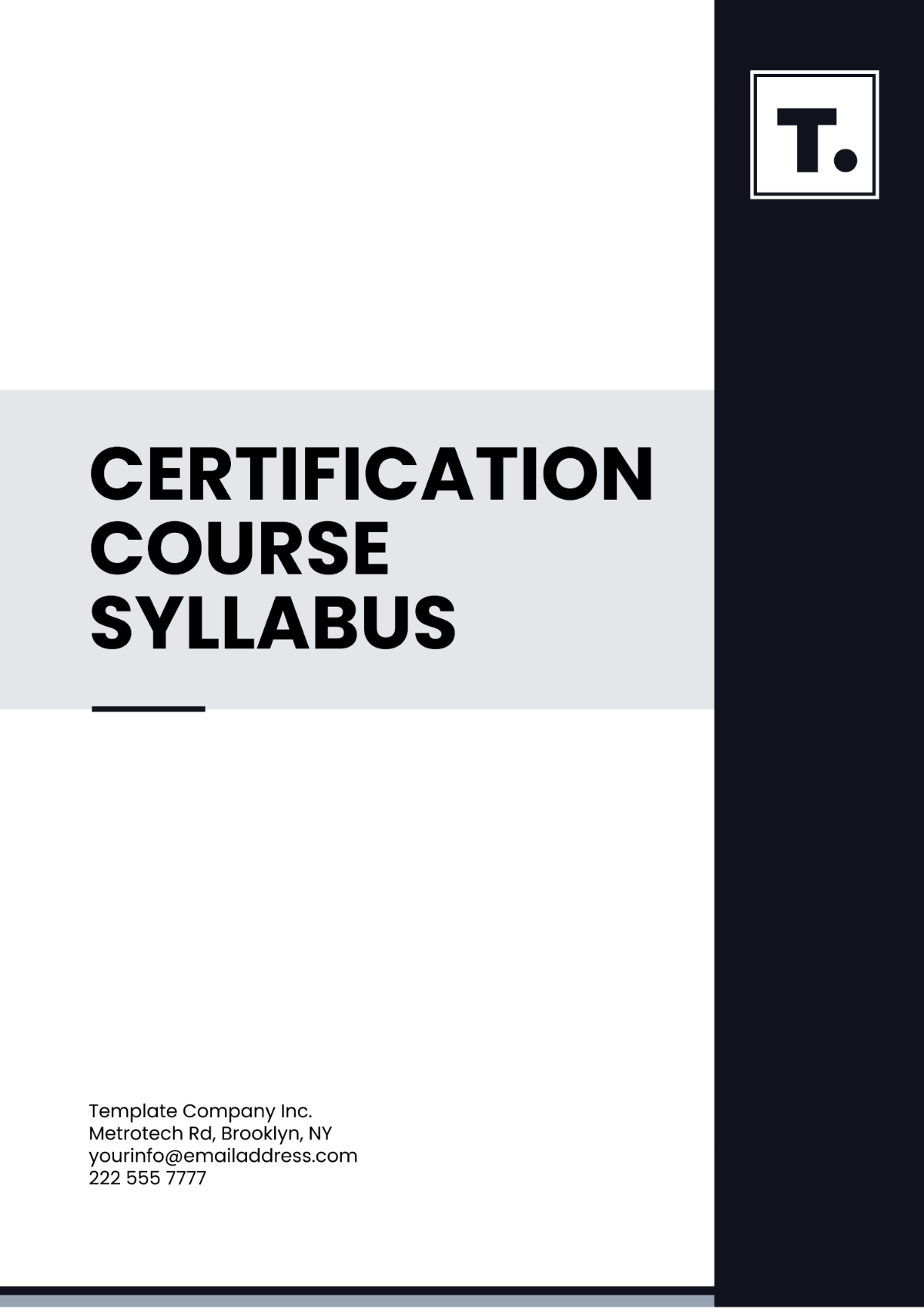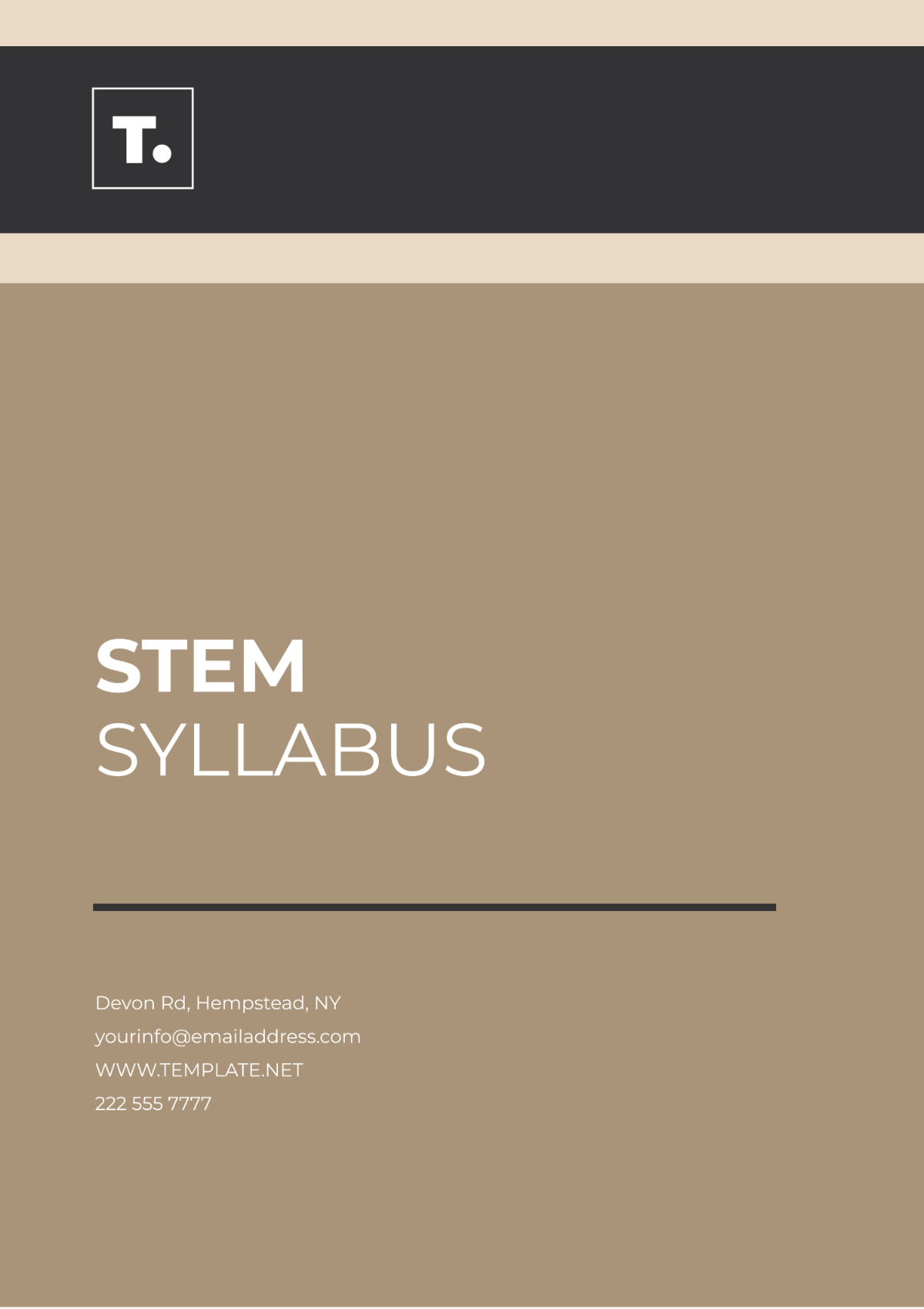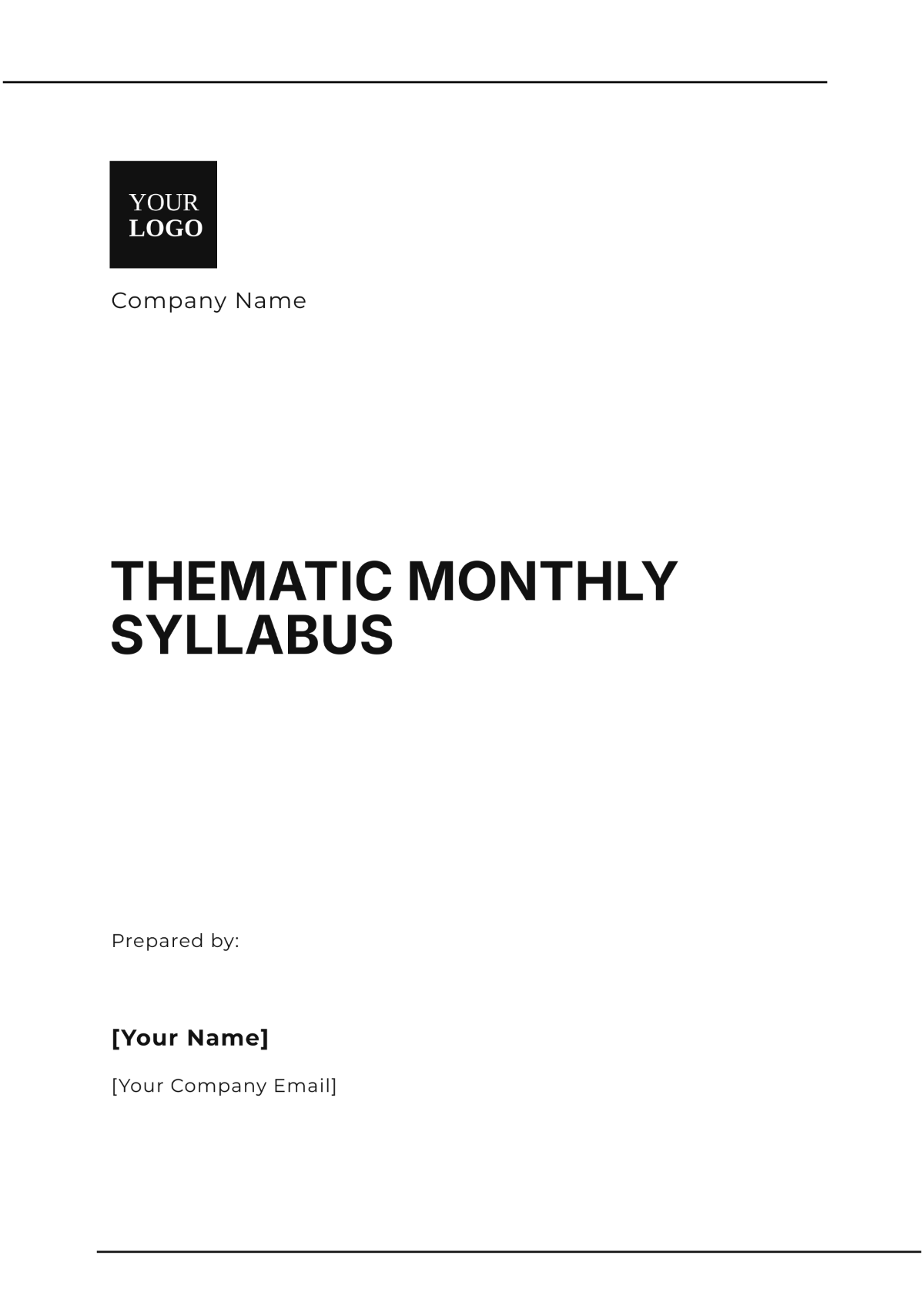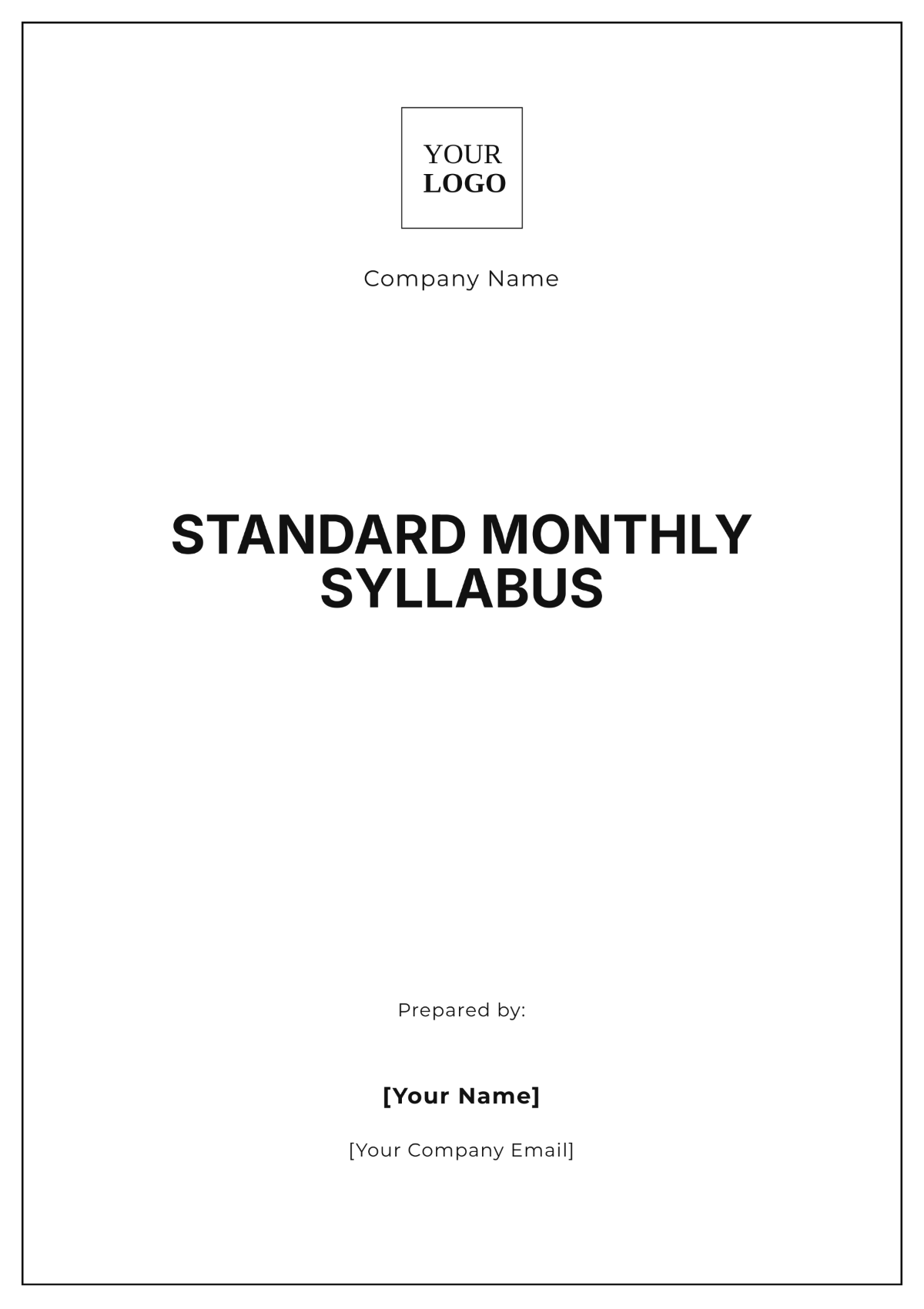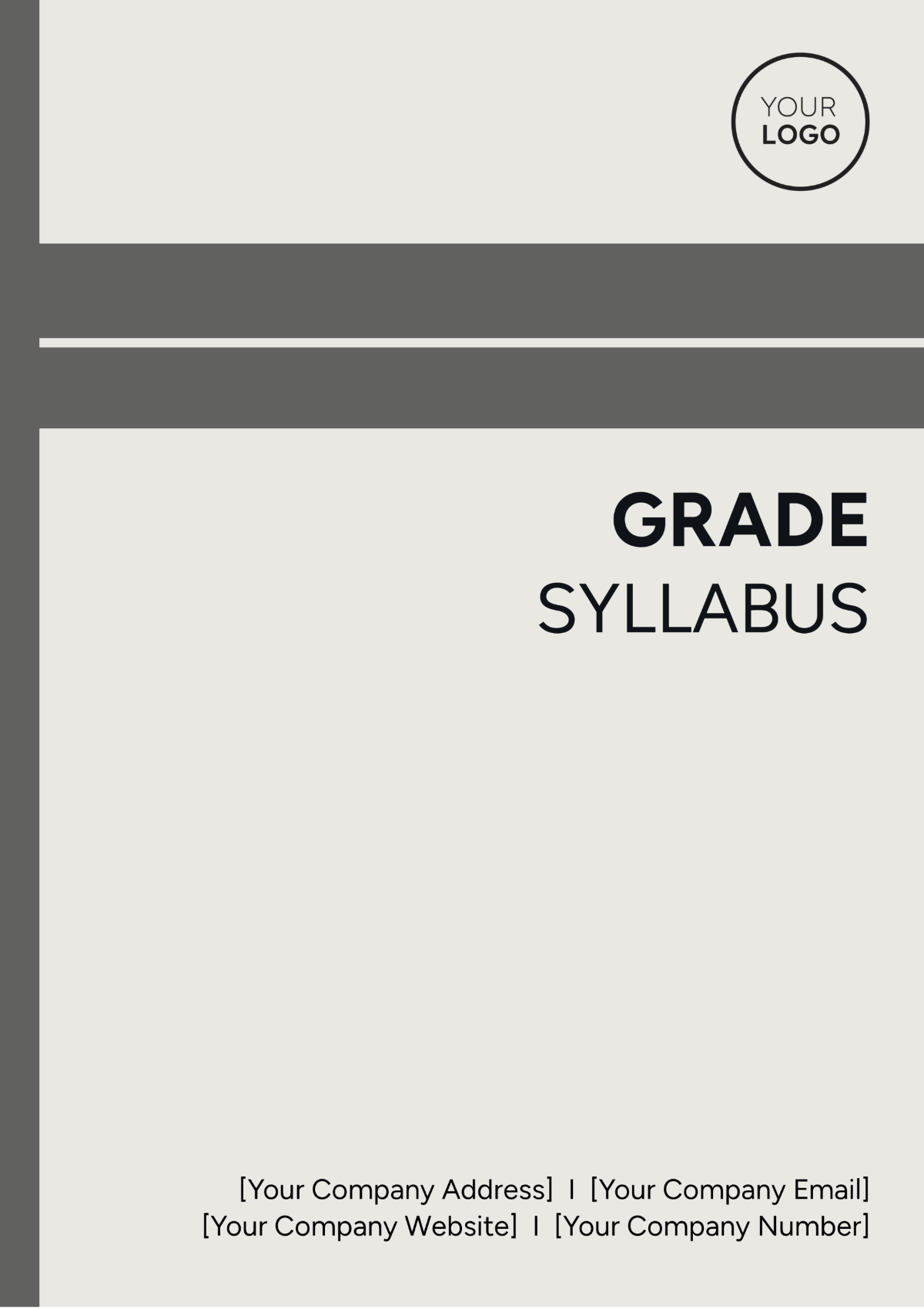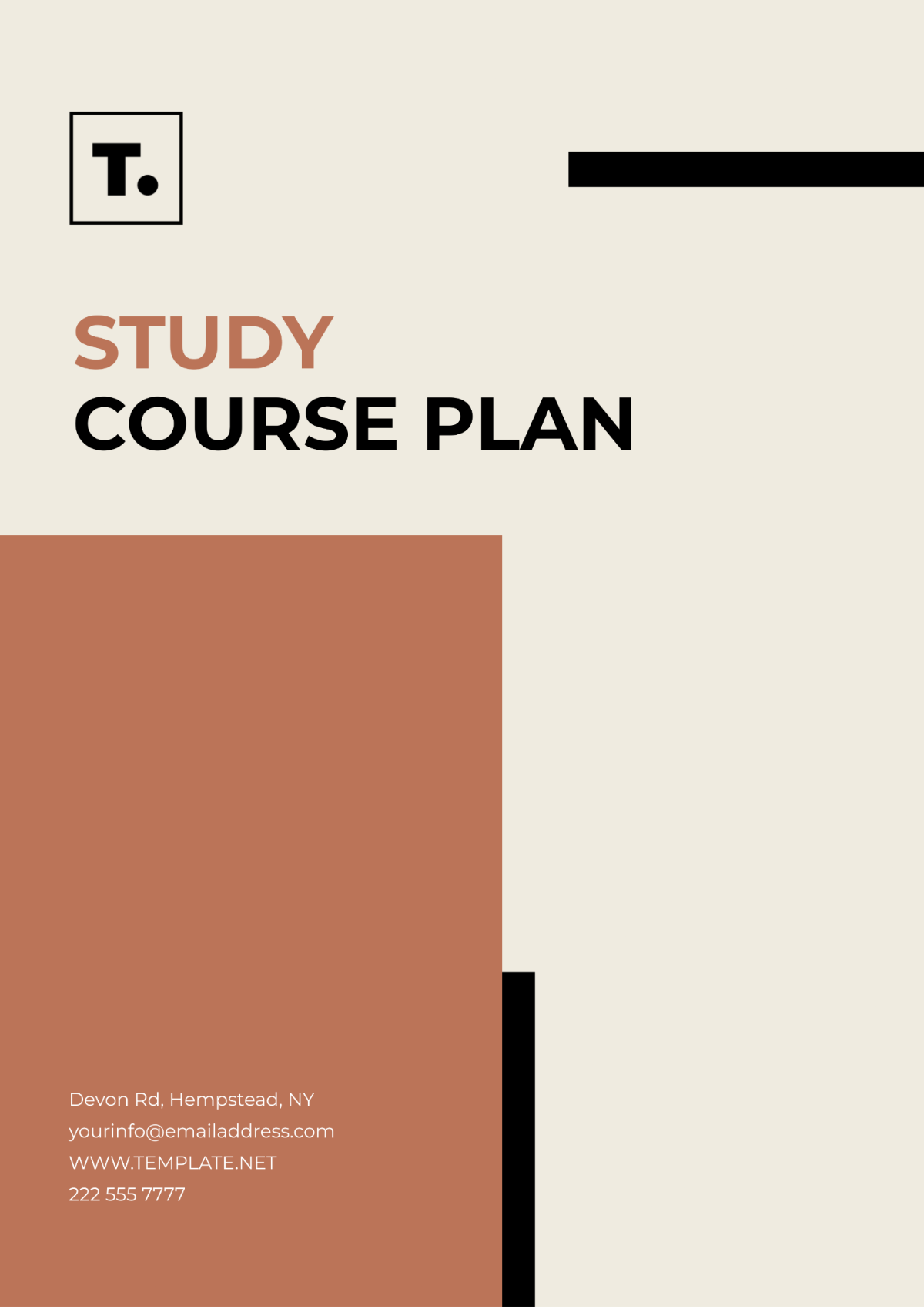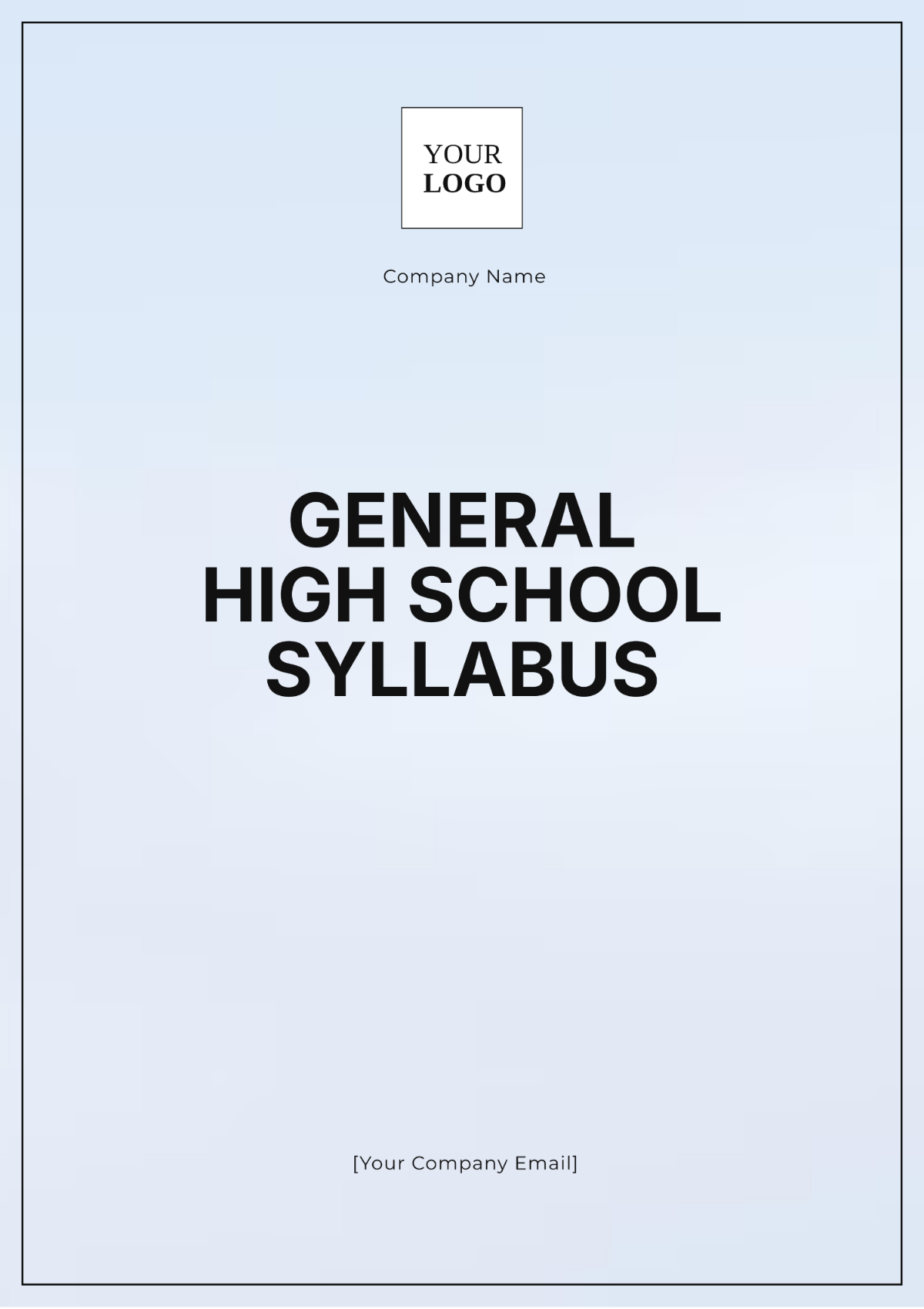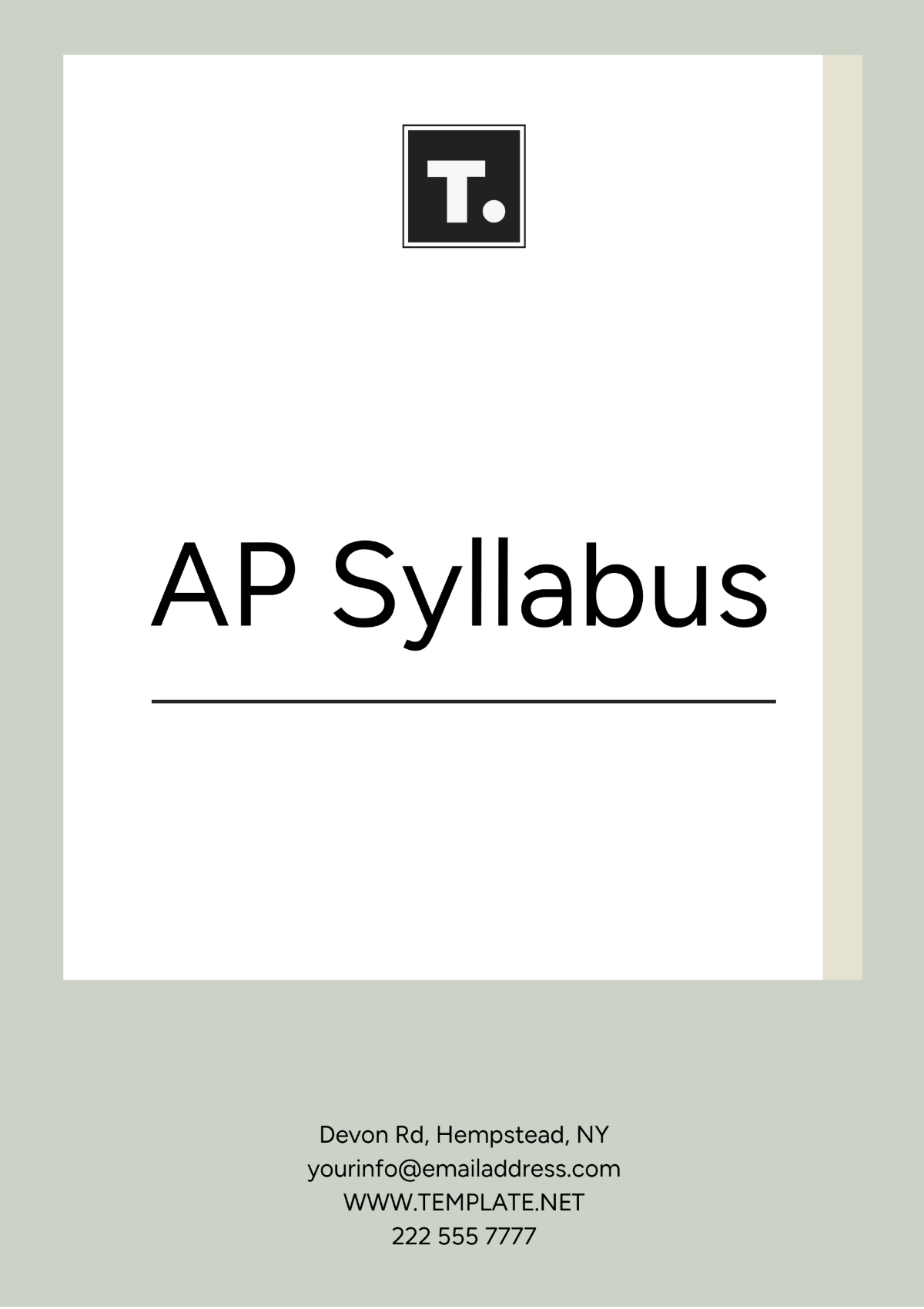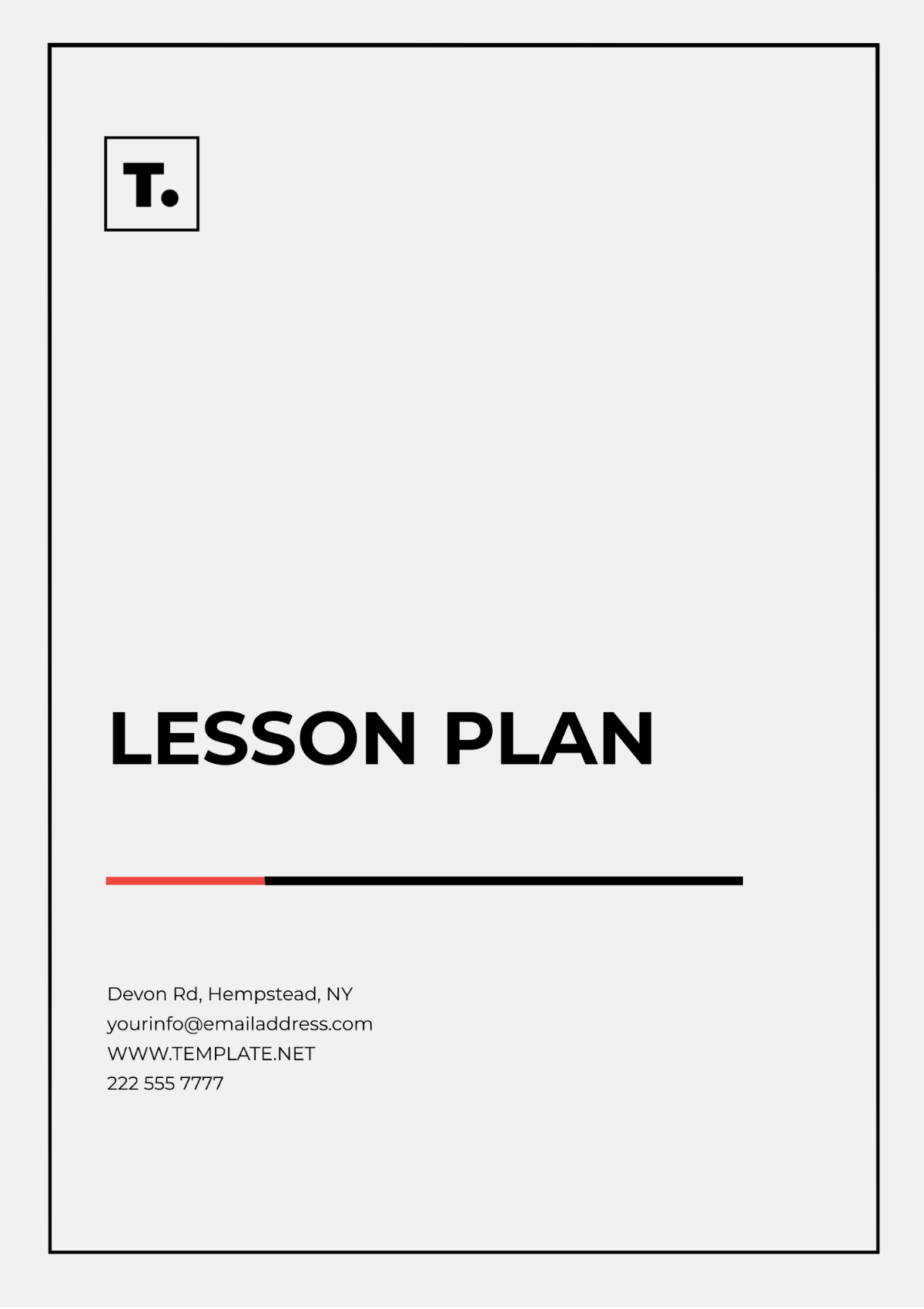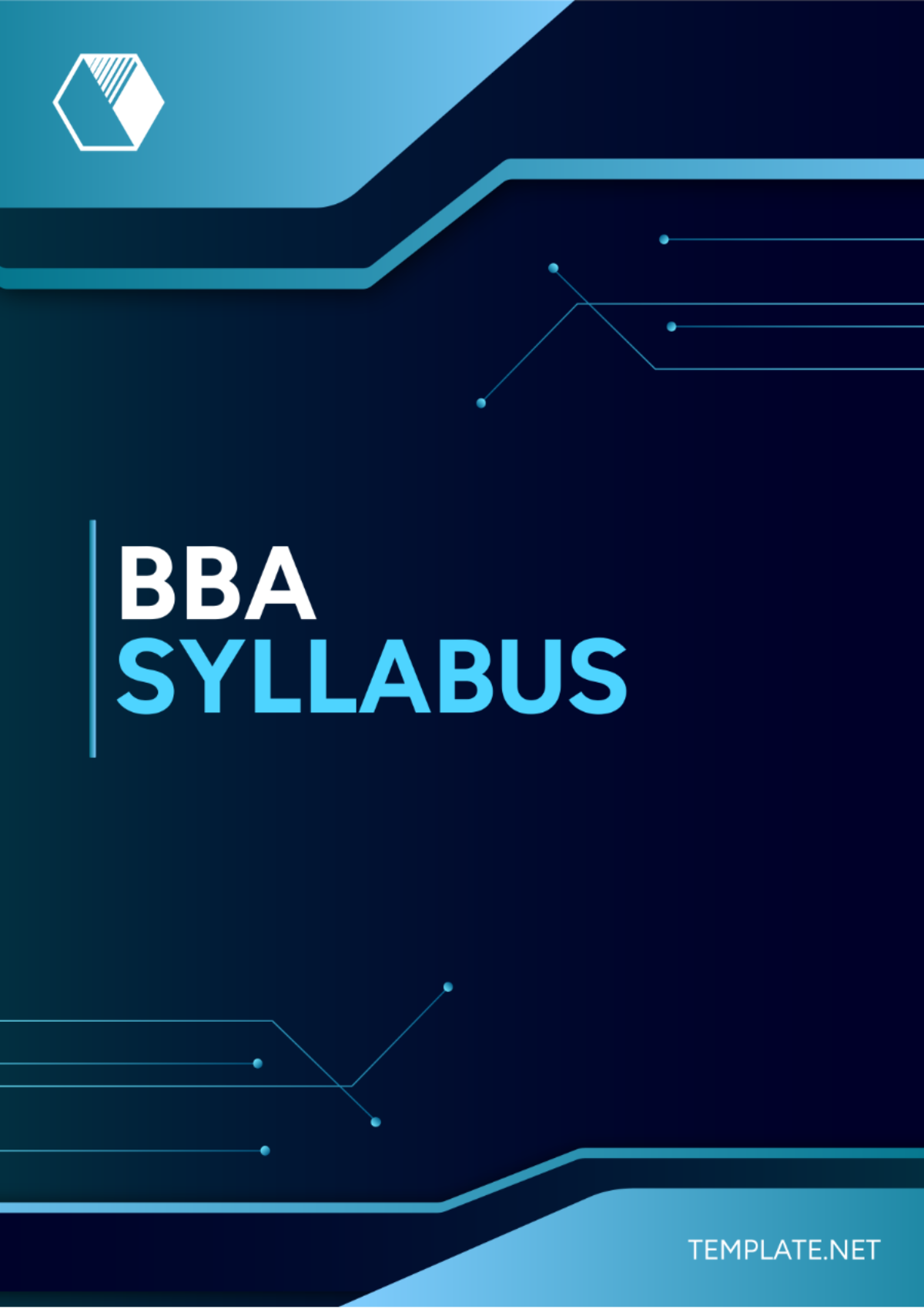World Geography Syllabus
Geography Course
Course Title | [COURSE TITLE] |
Course Code | [COURSE CODE] |
Instructor Name | [YOUR NAME] |
[YOUR EMAIL] | |
Office Hours | [OFFICE HOURS] |
office Location | [OFFICE LOCATION] |
1. Course Description
In this World Geography course, educators and students will delve deeper into the understanding of our global community. The curriculum encompasses global topics including geographical features, population dynamics, cultures and economic systems around the world. The course aims to foster global awareness and cultivate critical thinking skills as we investigate the ever-changing world.
2. Instructor Information
Instructor: [YOUR NAME]
Email: [YOUR EMAIL]
Organization: [YOUR COMPANY NAME]
3. Learning Objectives
Identify and understand the different geographical features and regions of the world
Analyze demographic data and population dynamics in a global context
Explore cultural and economic systems and their impact on geography
Utilize technology and geographic tools with proficiency
Develop critical thinking skills and global citizenship mentality
4. Course Schedule
Week | Topic | Learning Activities |
|---|---|---|
1 | Introduction to World Geography | Lecture, Group Discussion |
2 | Physical Geography | Field Trip, Lab Experiment |
3 | Human Geography | Case Studies, Debates |
4 | Cultural Geography | Guest Speaker, Documentary |
5 | Economic Geography | Research Project, Presentation |
6 | Political Geography | Simulation Game, Seminar |
7 | Environmental Geography | Workshop, Nature Walk |
8 | Regional Geography | Group Projects, Mapping Exercise |
9 | Urban Geography | Urban Planning Activity |
10 | Rural Geography | Field Observation, Report |
5. Geographical Tools and Techniques
Maps: Types, Components, and Uses
Geographic Information Systems (GIS)
Remote Sensing
Cartography
6. Required Readings and Materials
Textbook: "Understanding World Geography"
Supplementary Reading: "The World: A Geographic History"
Atlas & World Map
Population and Economic Data Resources
Access to Geographic Information Systems (GIS) software
7. Assignments and Assessments
Midterm Paper: Analysis of a chosen geographical region
Population Dynamics Project
Culture and Economic Systems Comparative Essay
GIS Map Development and Presentation
Final Examination
8. Course Policy
Participation: Active engagement is a key part of successful learning. Regular class participation is expected.
Deadlines: Submission deadlines are firm. Late submissions will receive a penalty.
Academic Integrity: All work submitted must be original, plagiarism will not be tolerated.
Respectful Communication: Mutual respect is expected during discussions and debates.
Technical Requirements: Access to the necessary software and internet is required.
9. Grading Policy
Quizzes and Tests: 30%
Map Interpretation: 15%
Research Projects: 20%
Class Participation: 10%
Presentations: 25%
Disclaimer
The individual who is instructing the course maintains the authority to implement alterations to the initially presented syllabus. This includes, but isn't limited to, adjusting dates for when projects are due and when tests will be administered. In the event that changes are made, they will be communicated promptly and with the intention of providing as much notice as reasonably possible.

